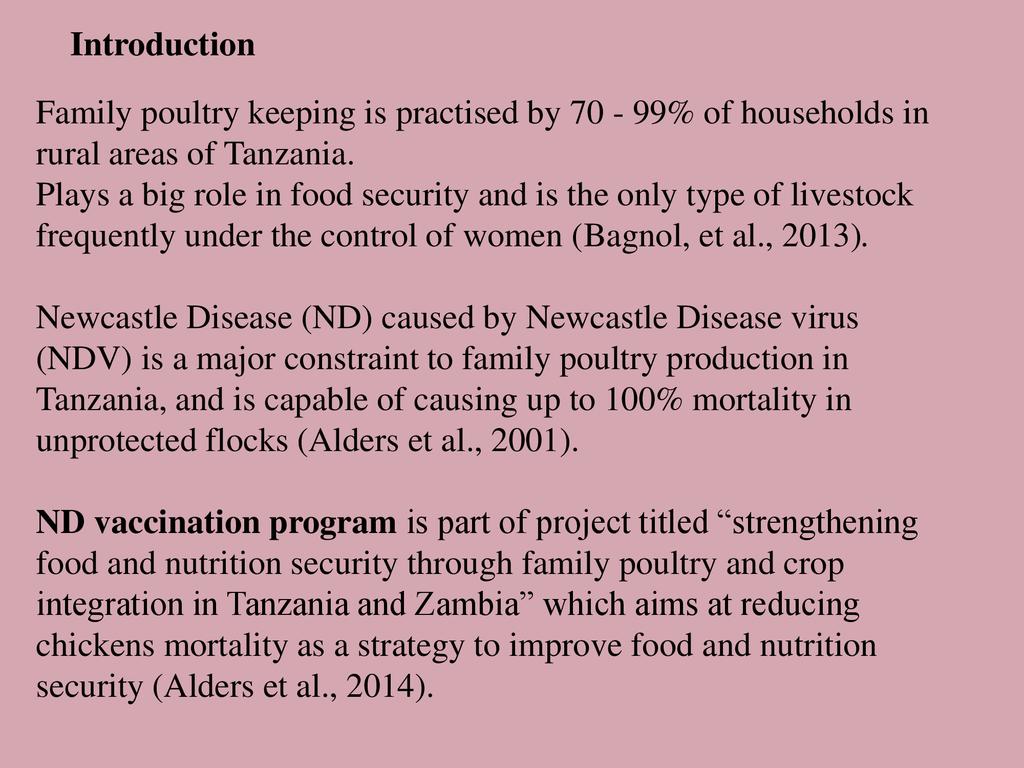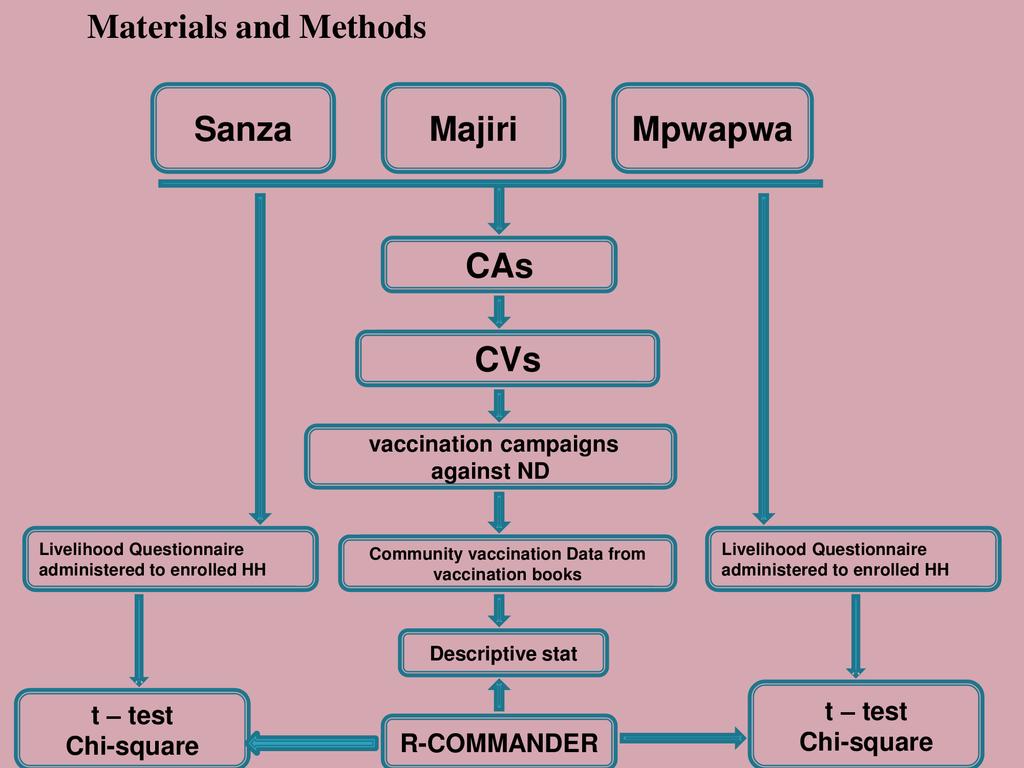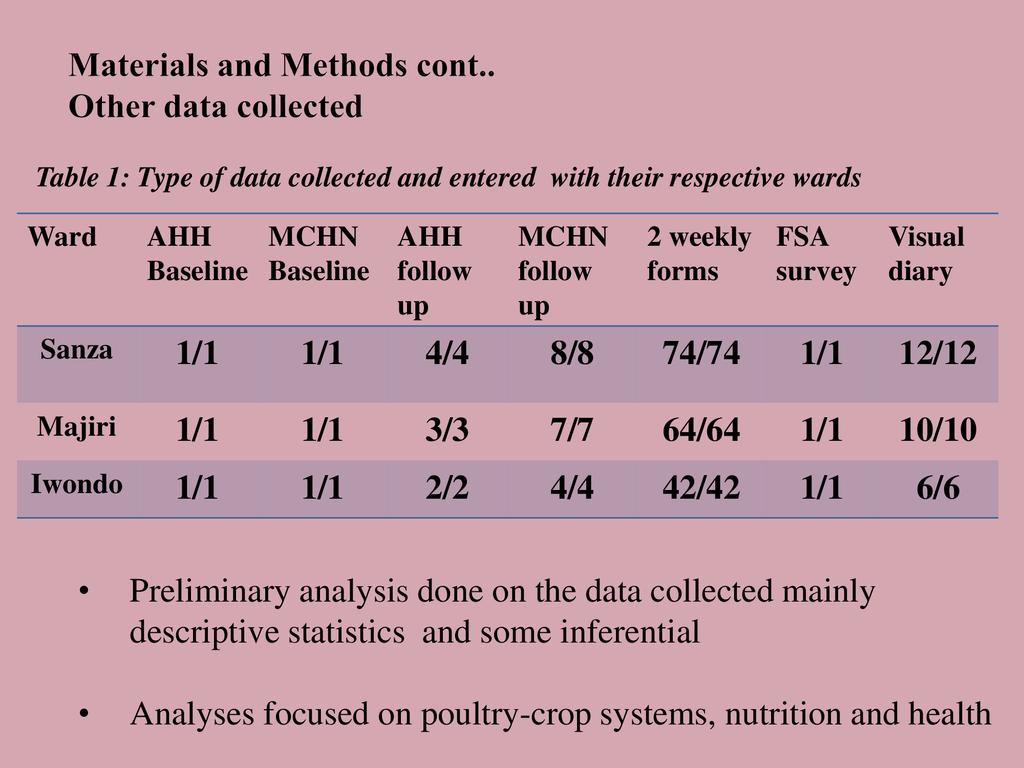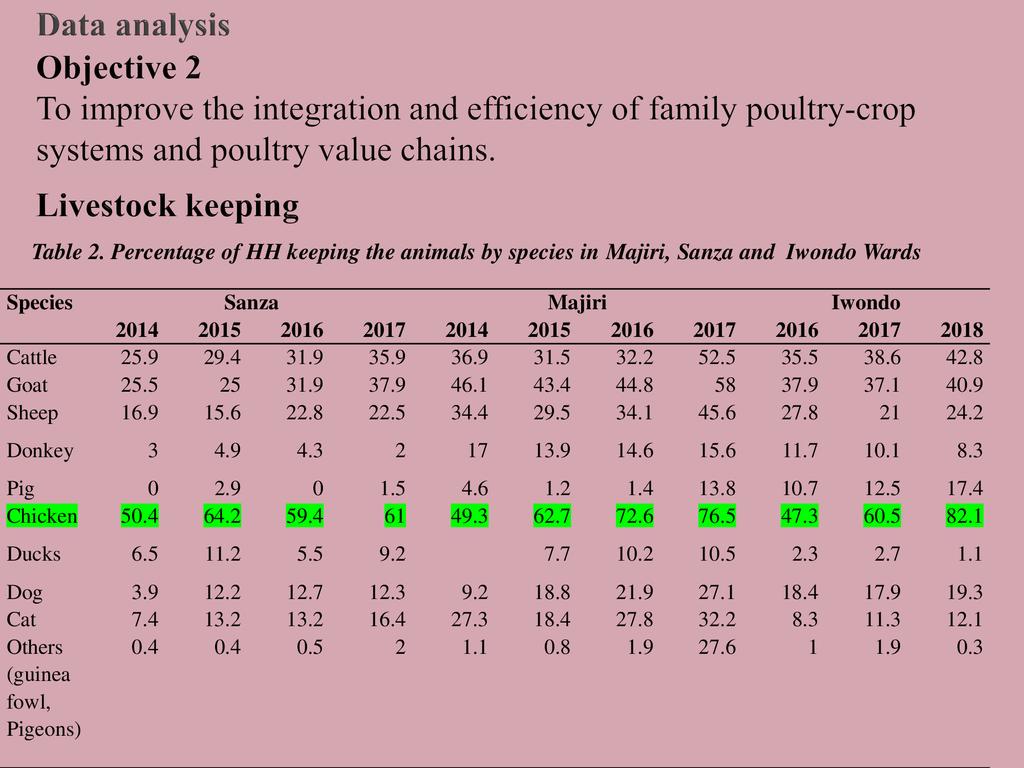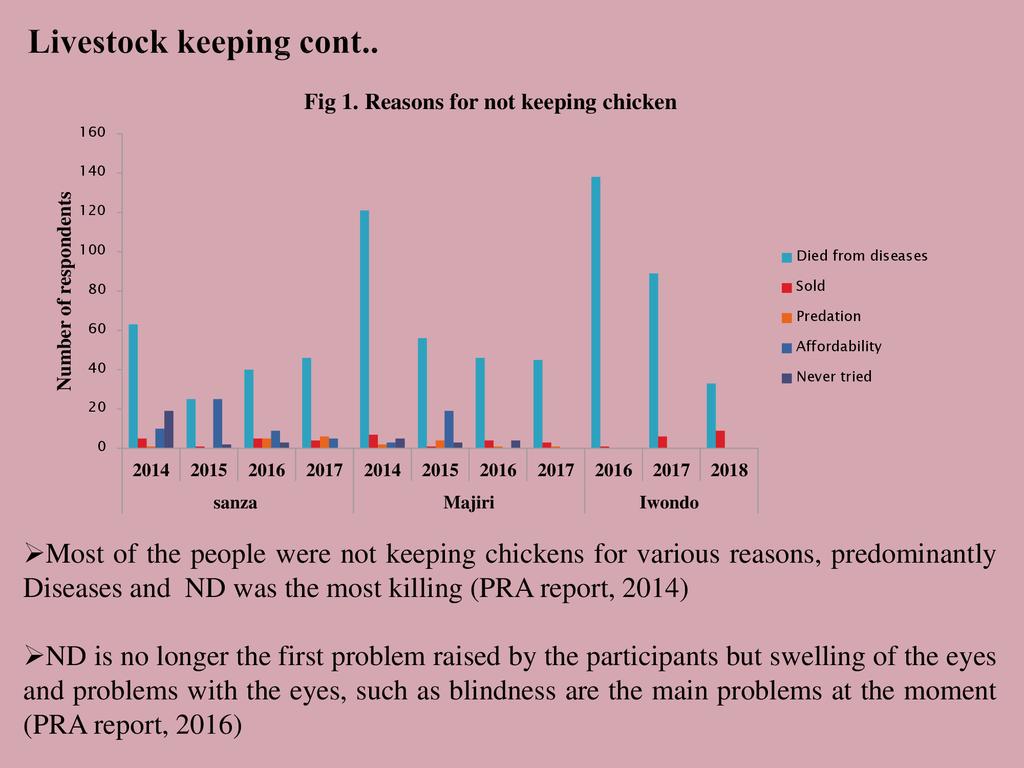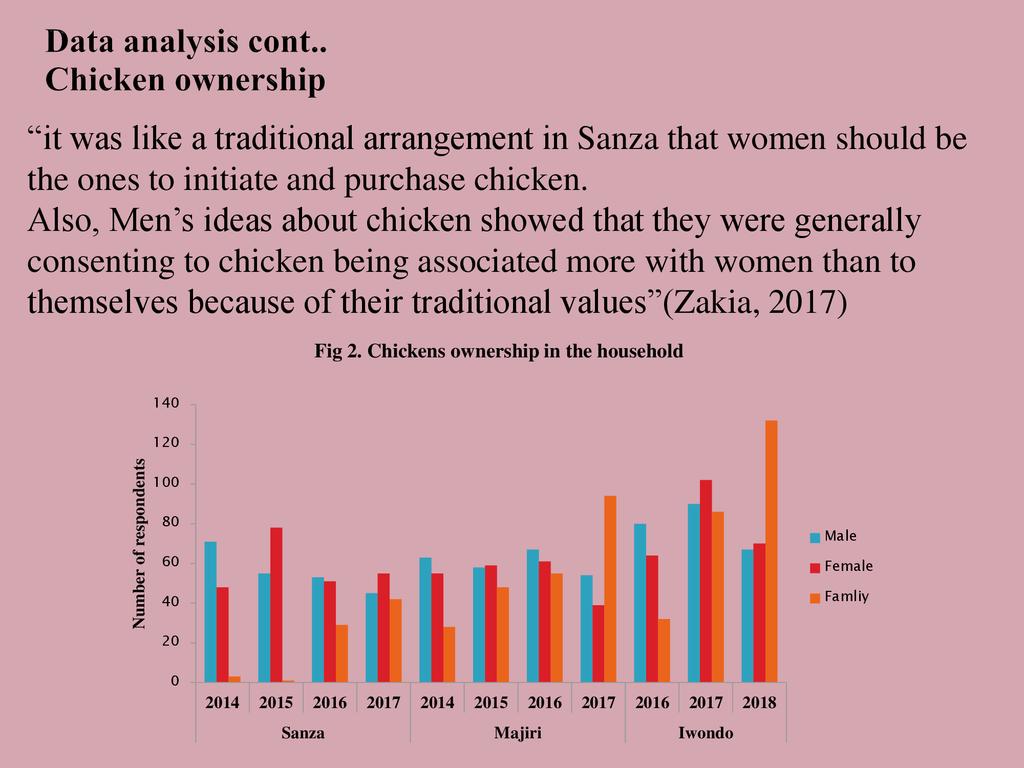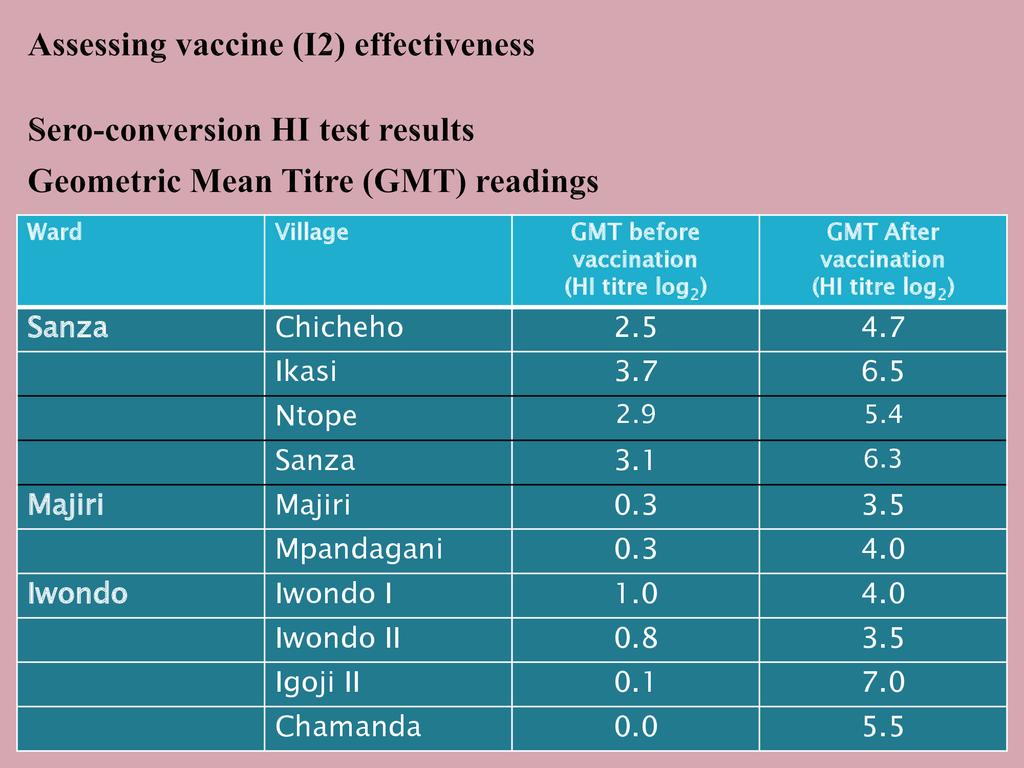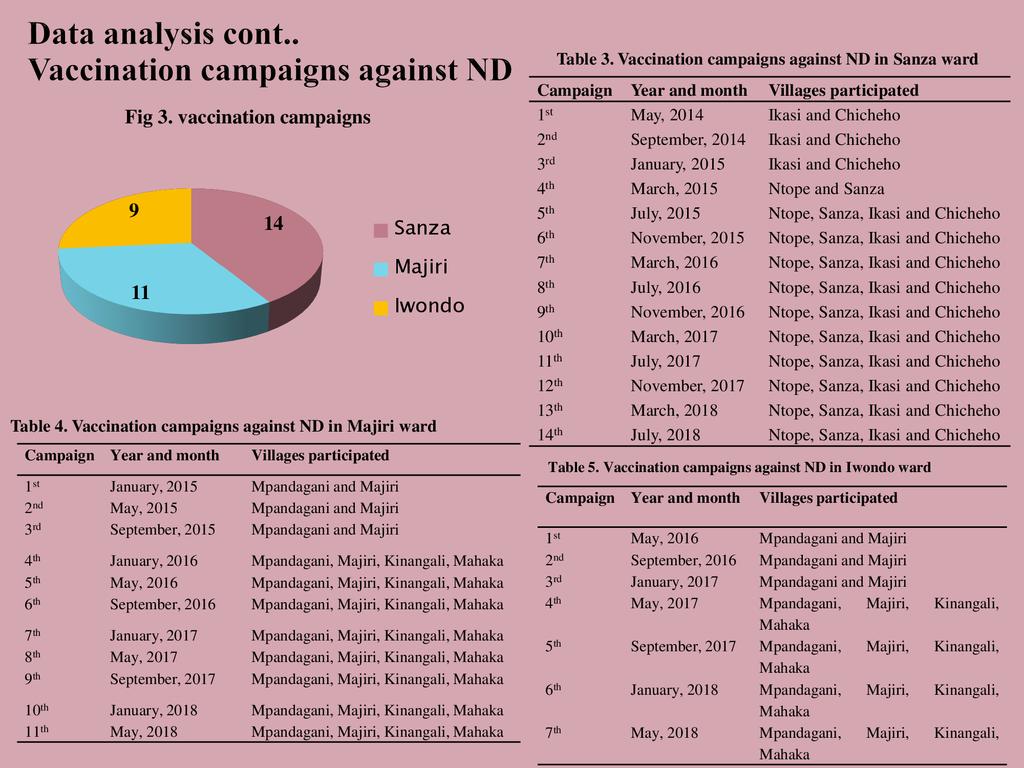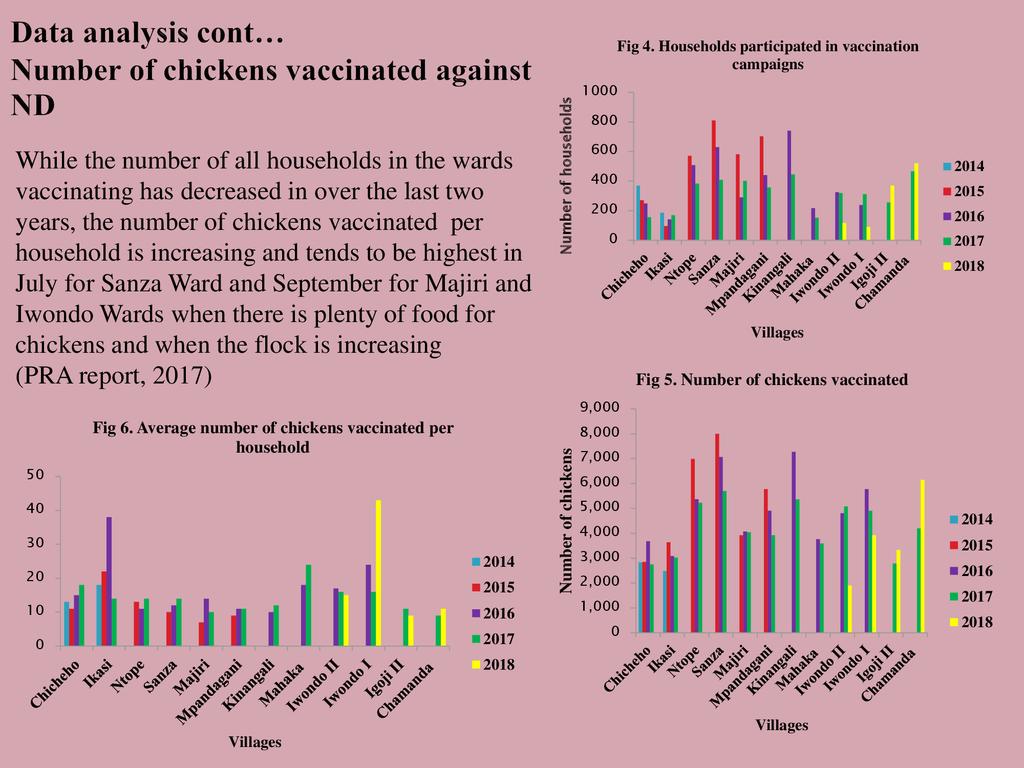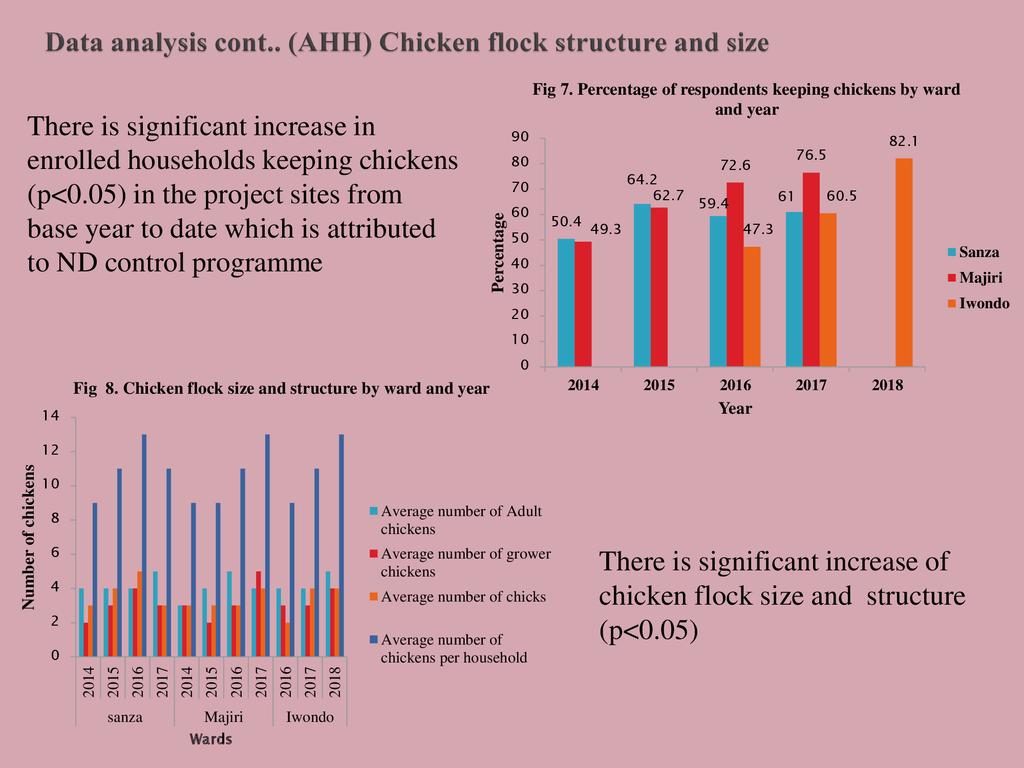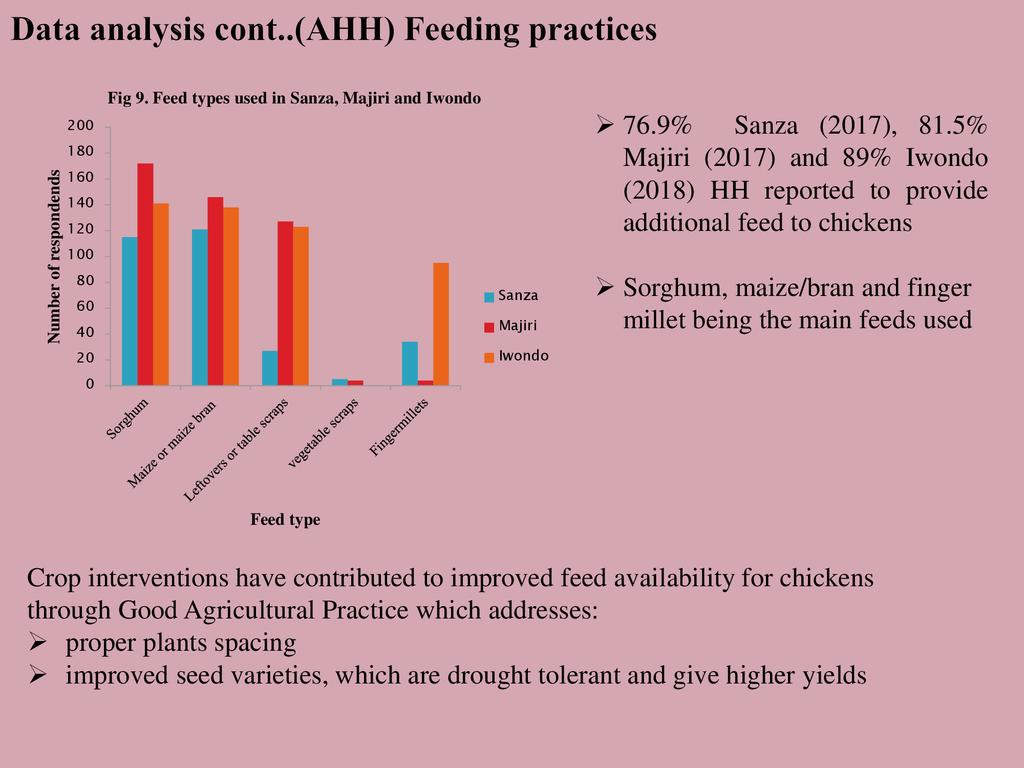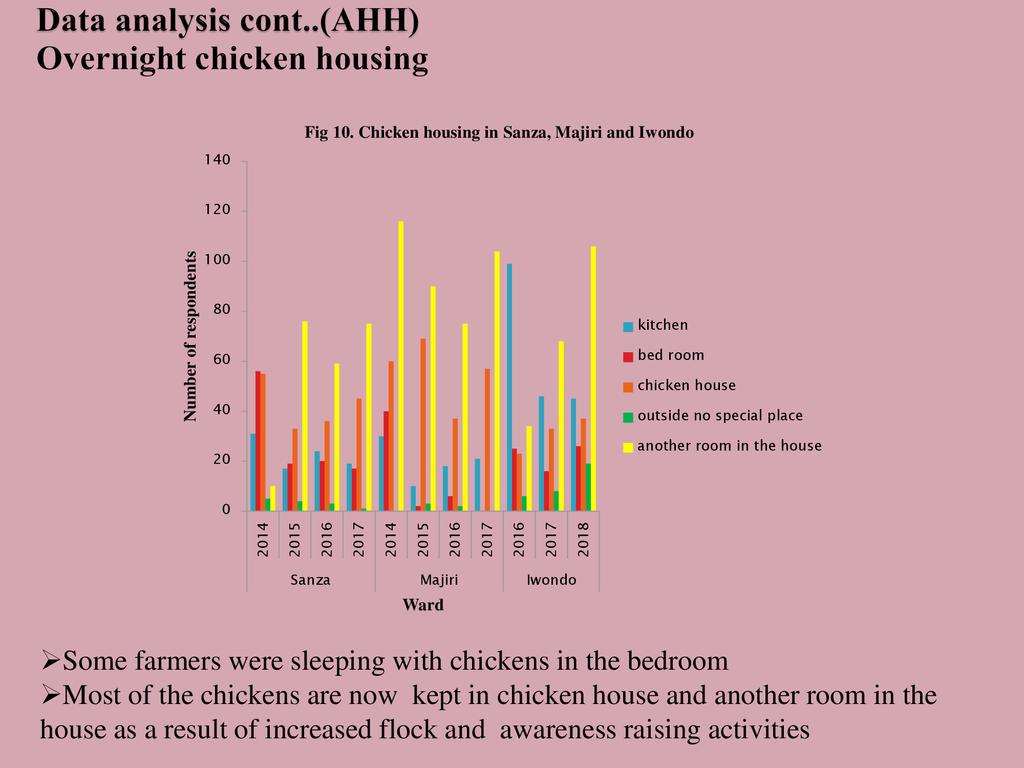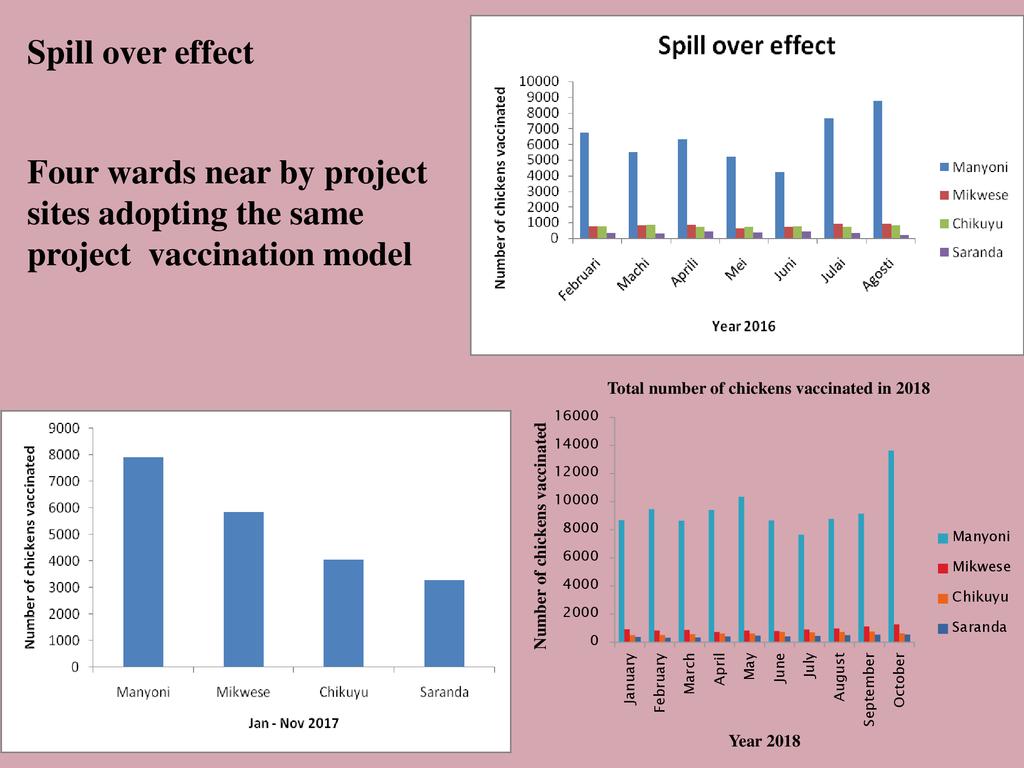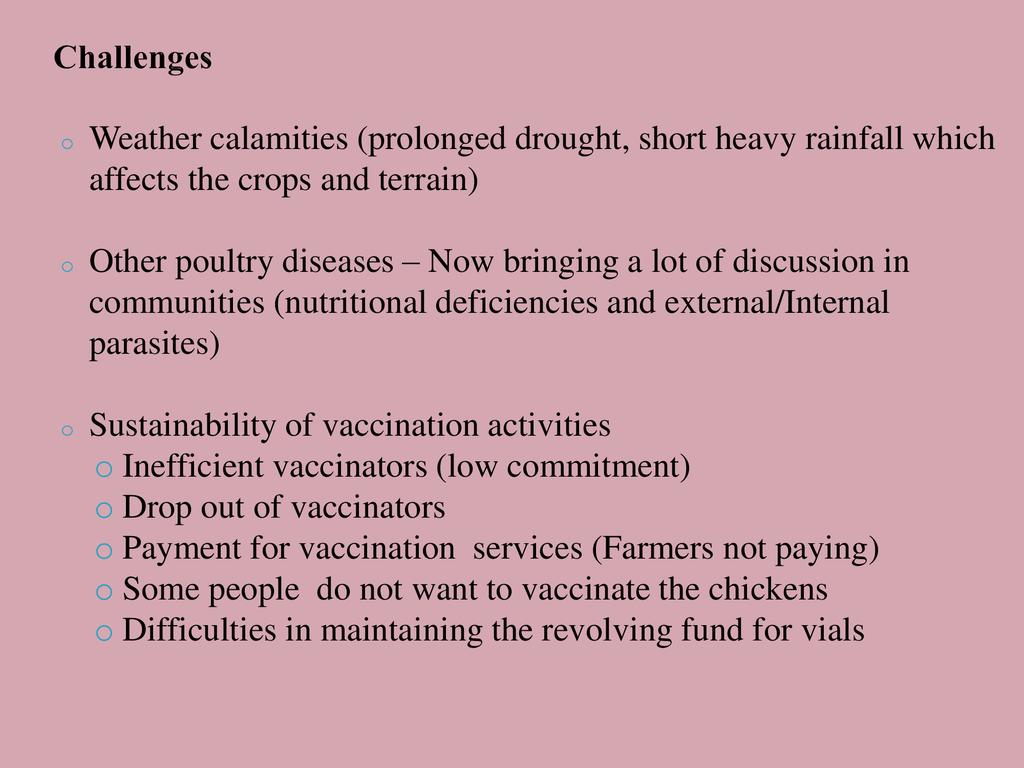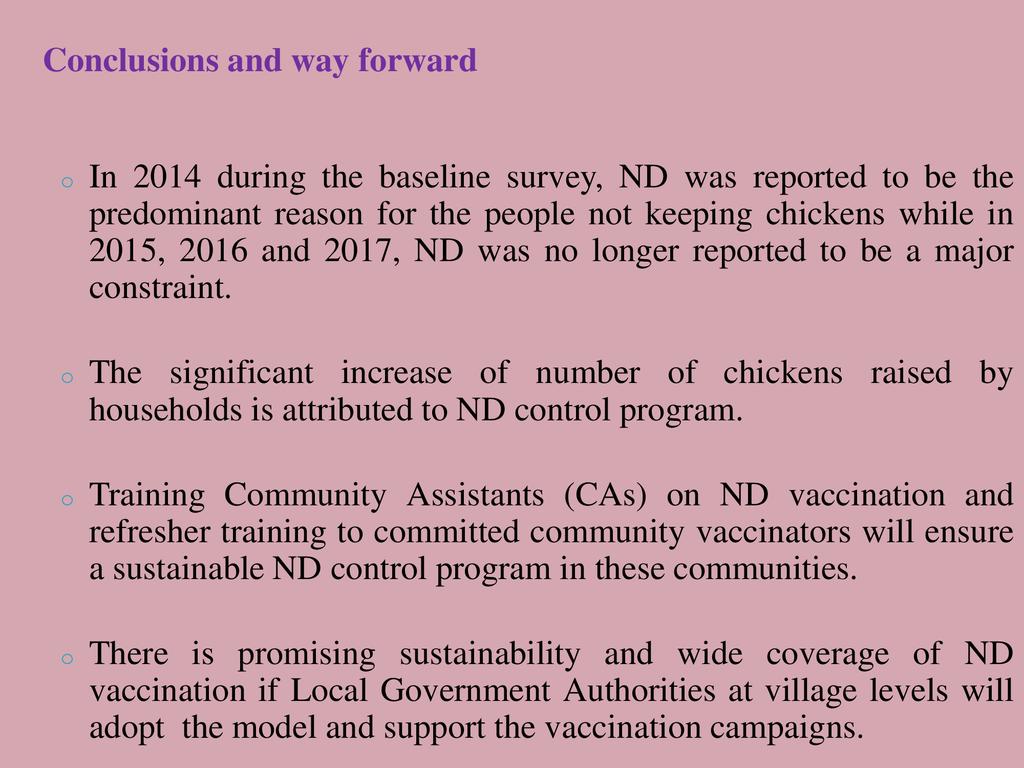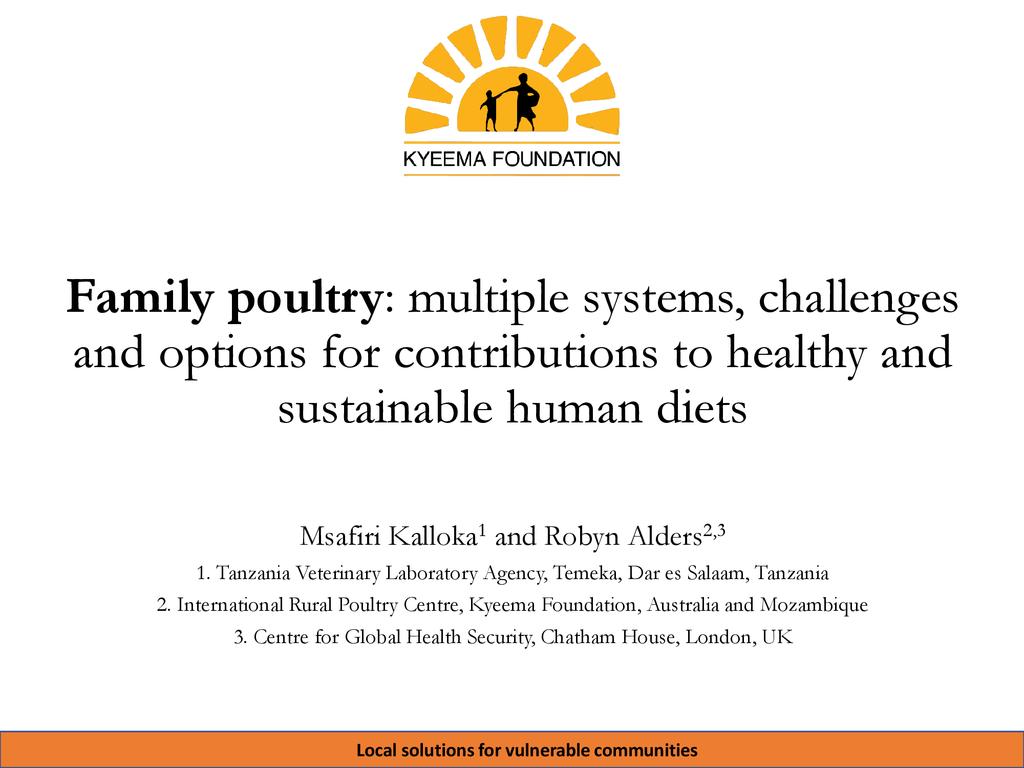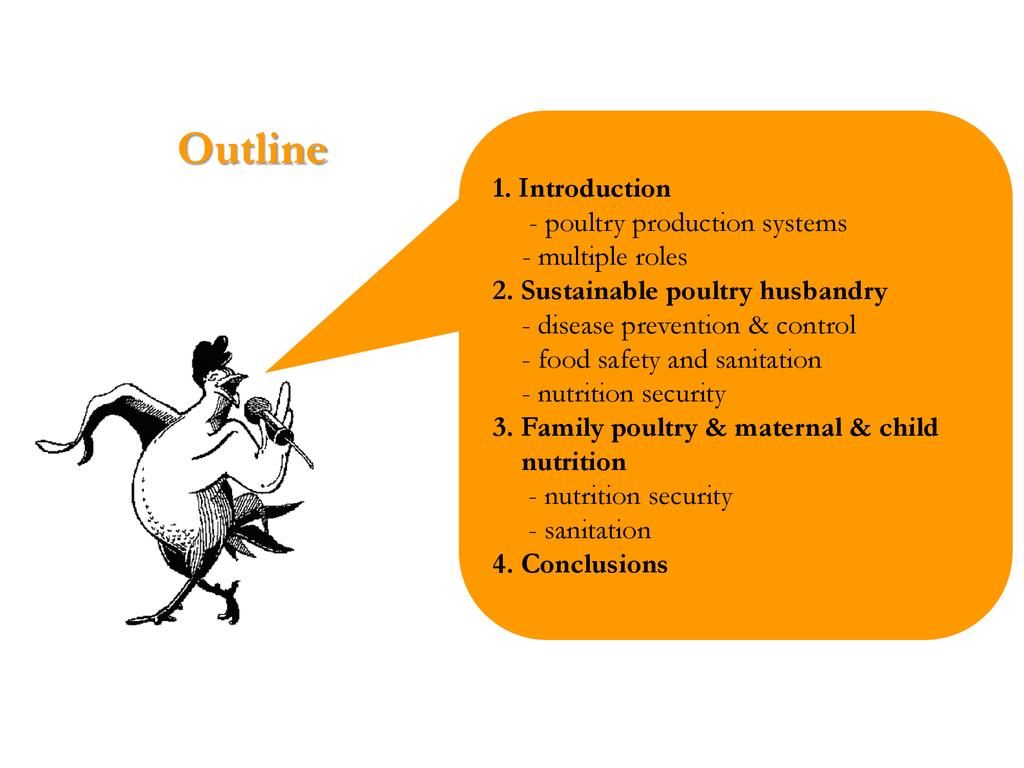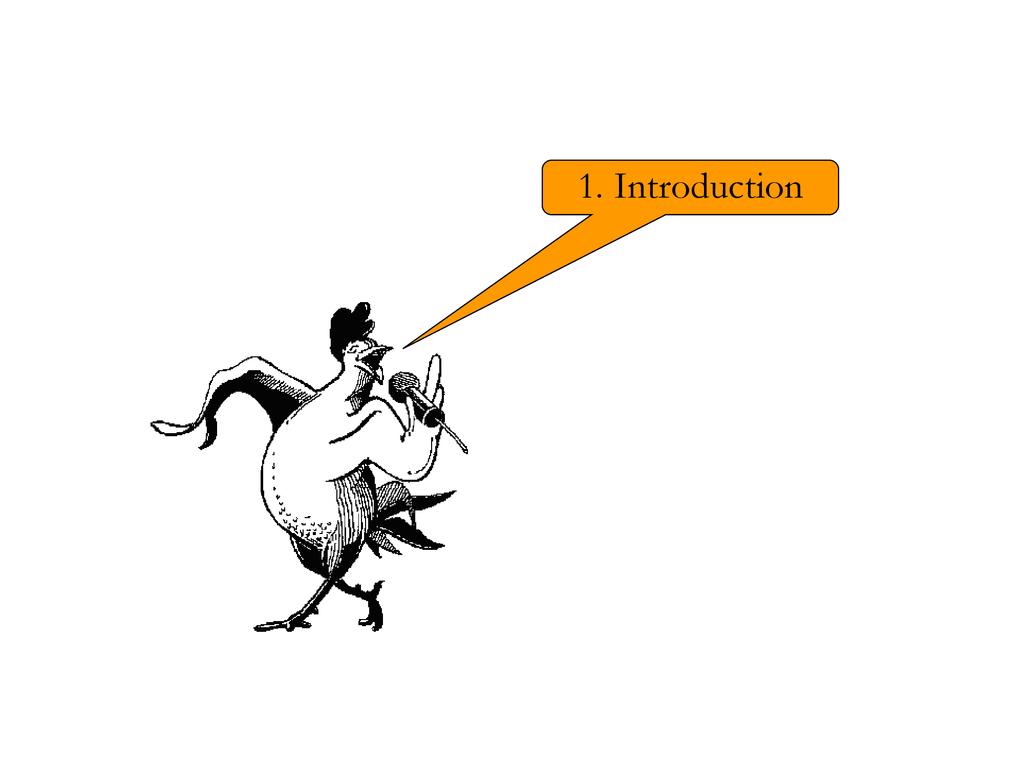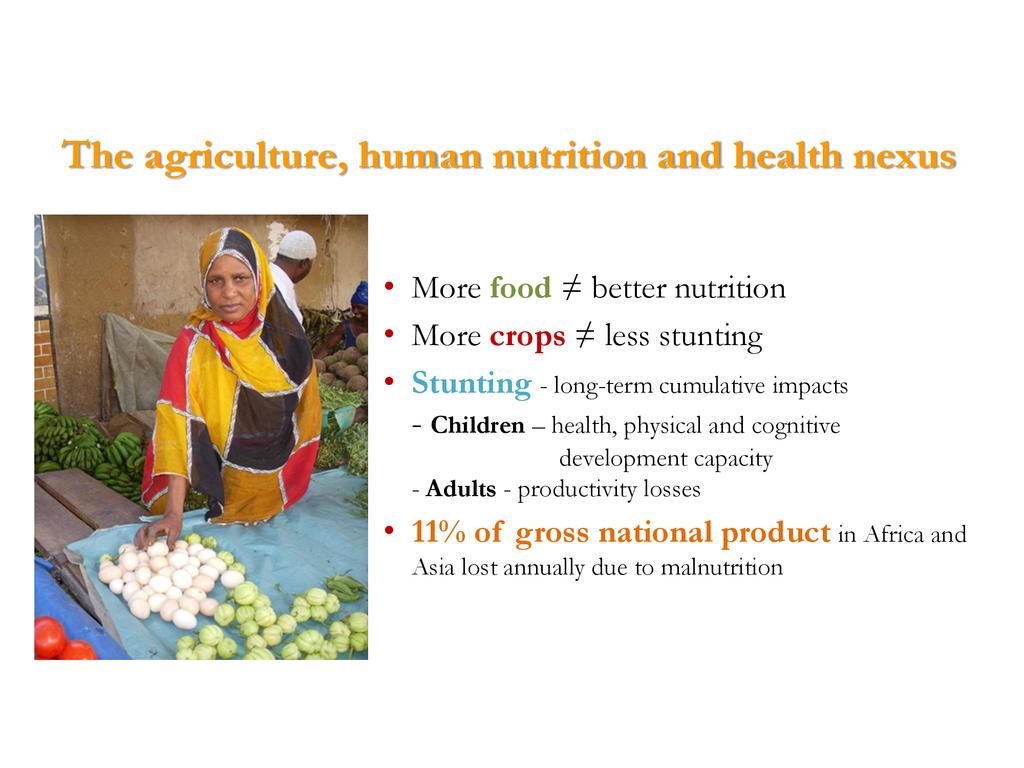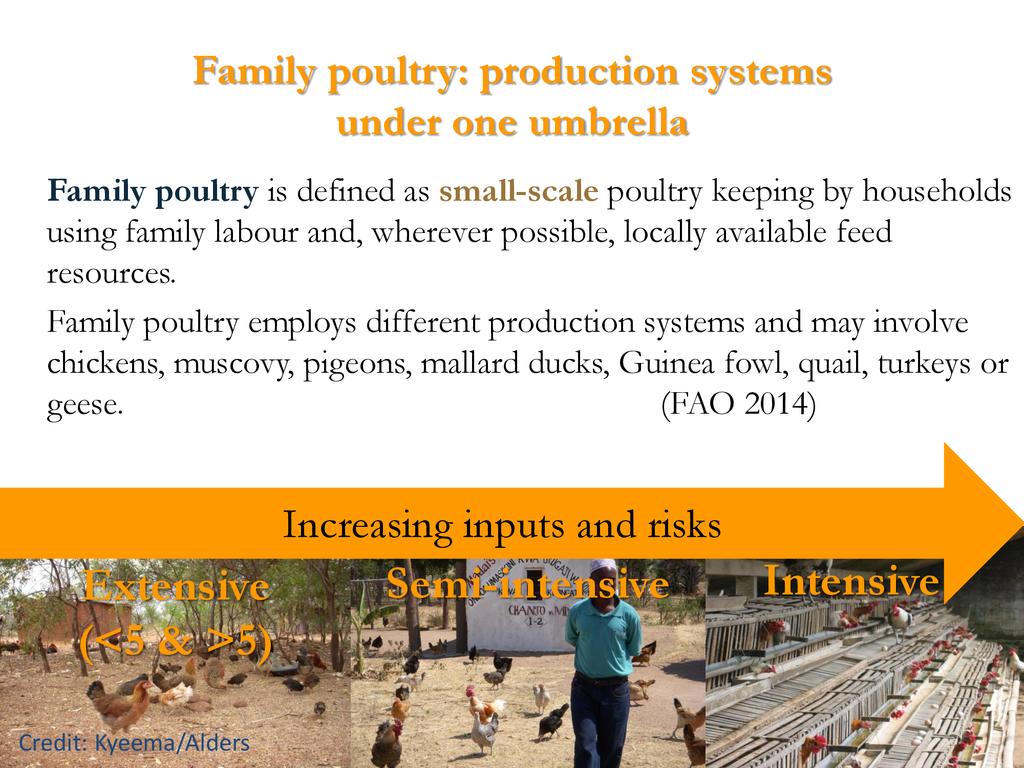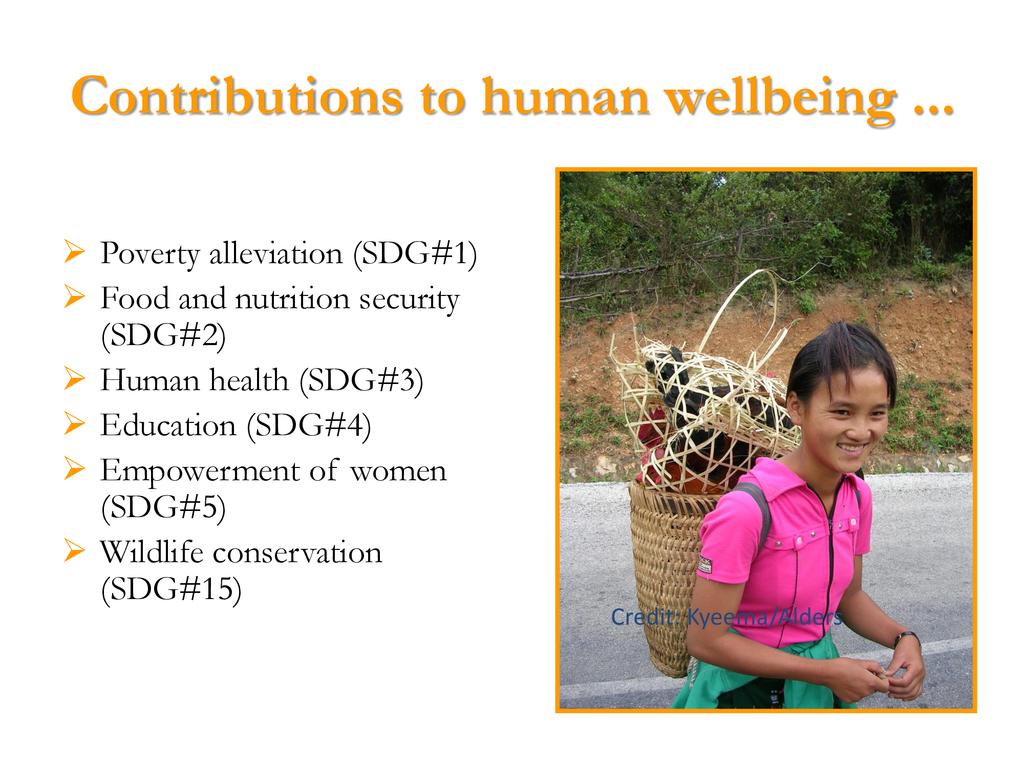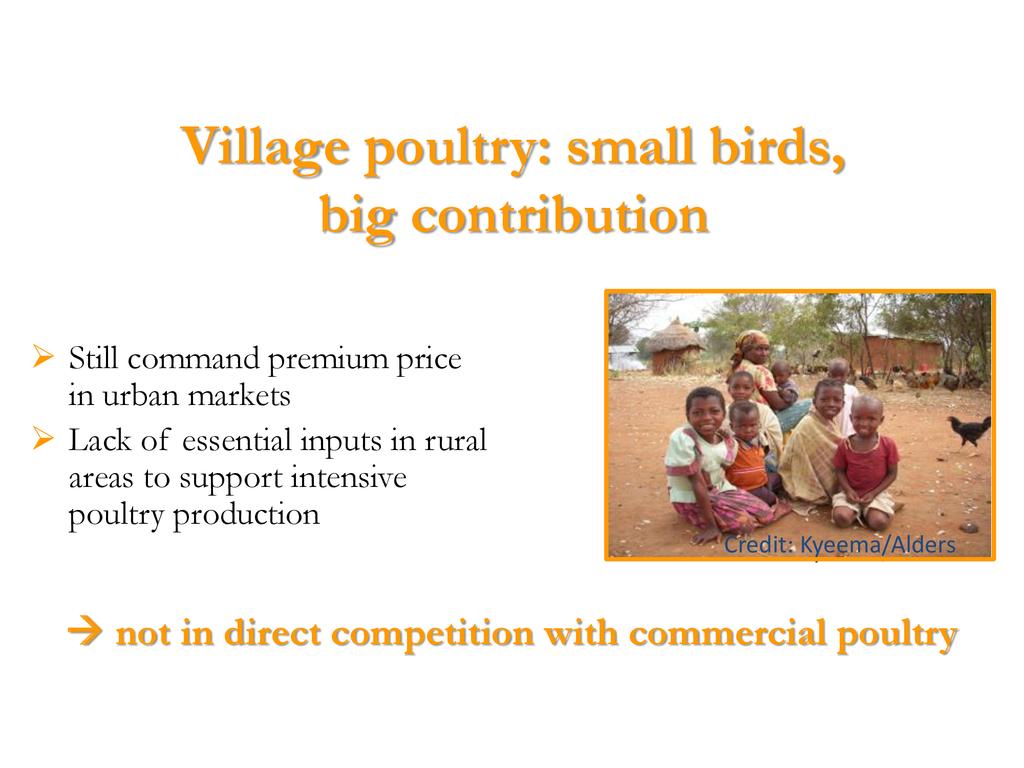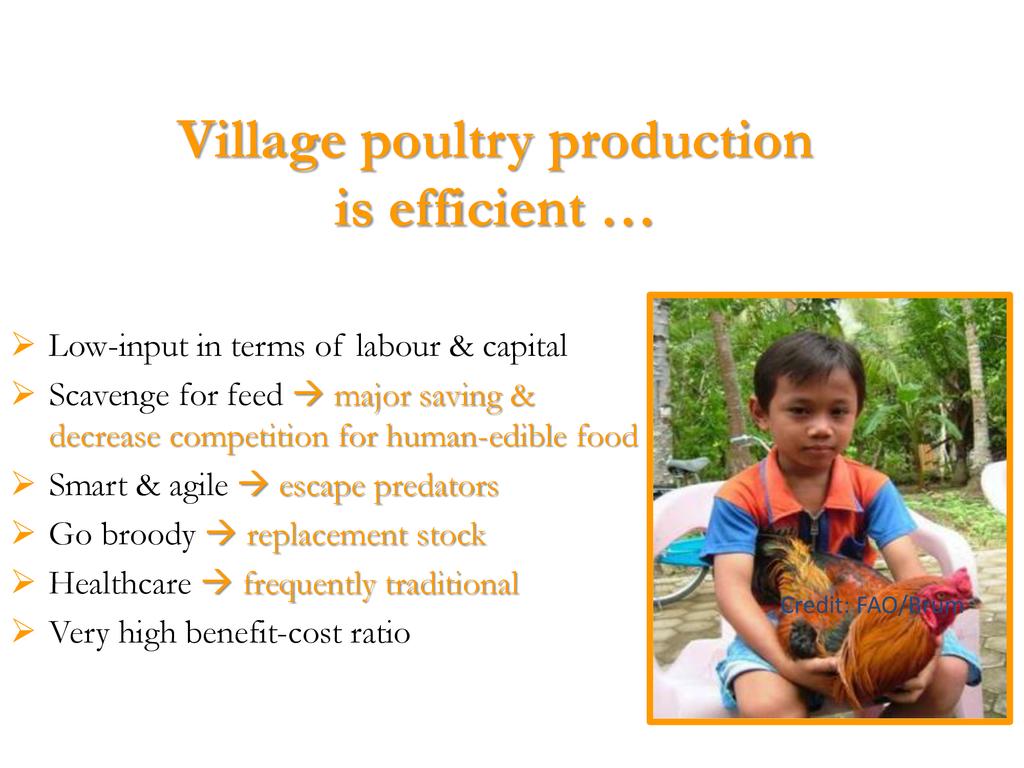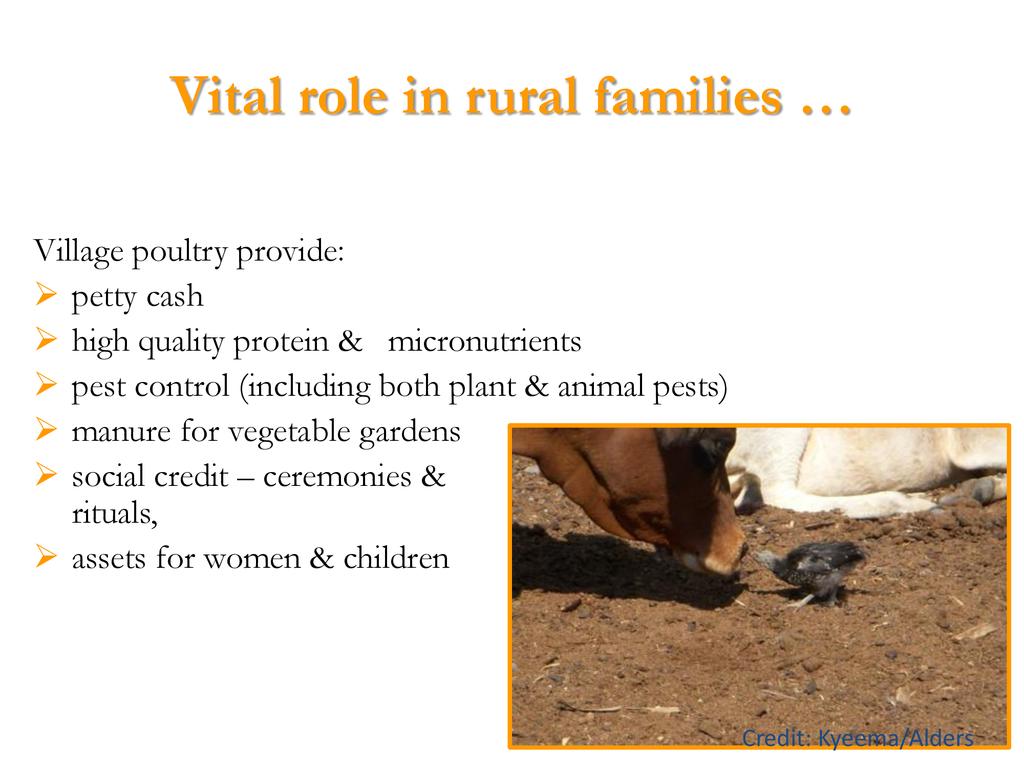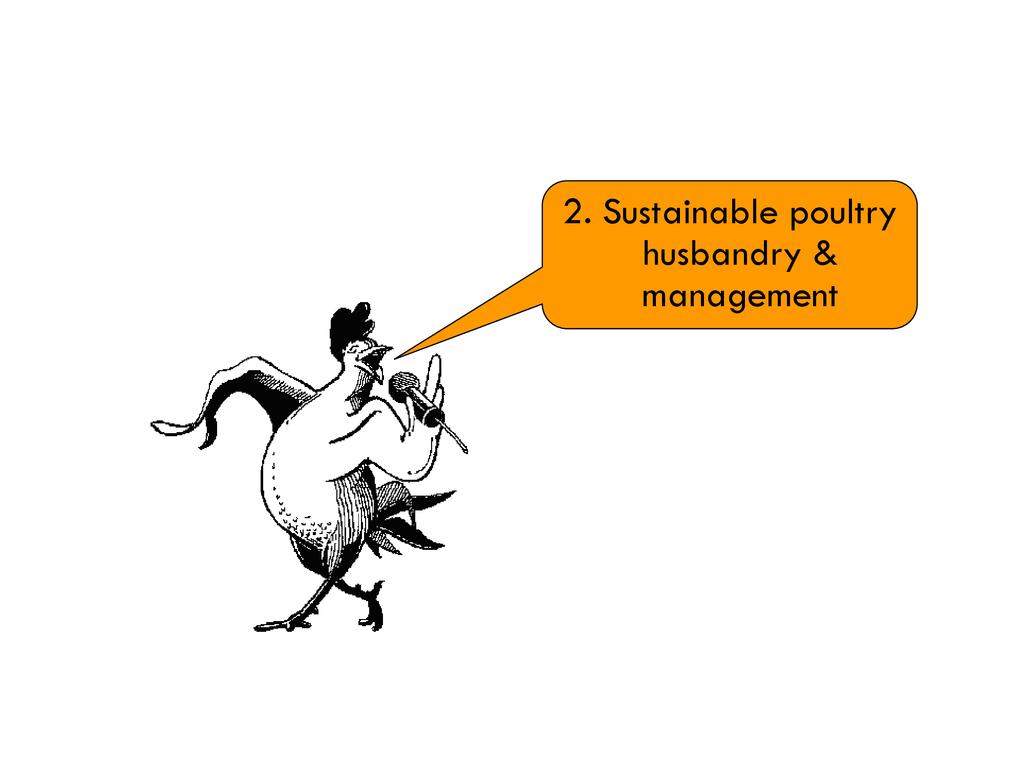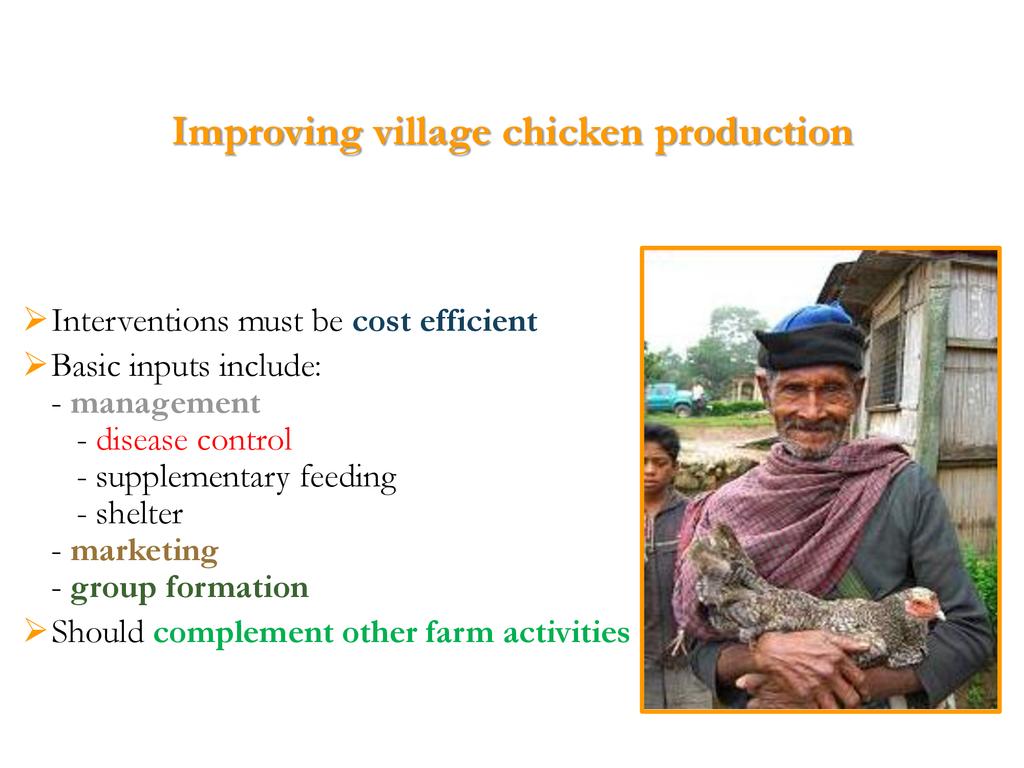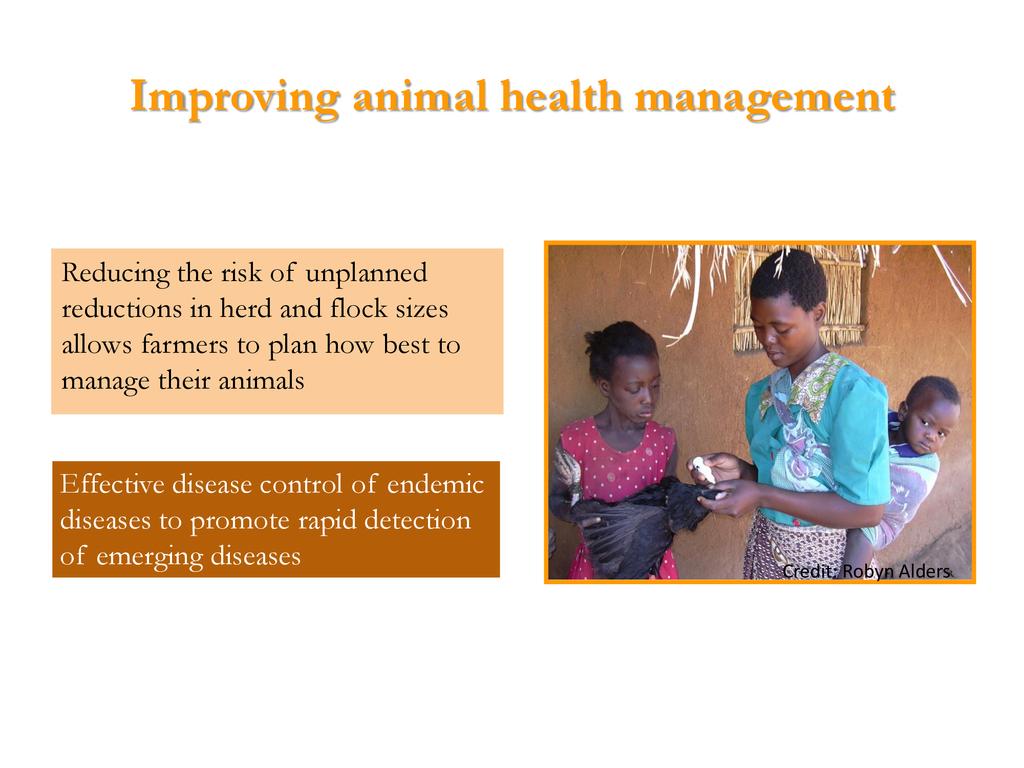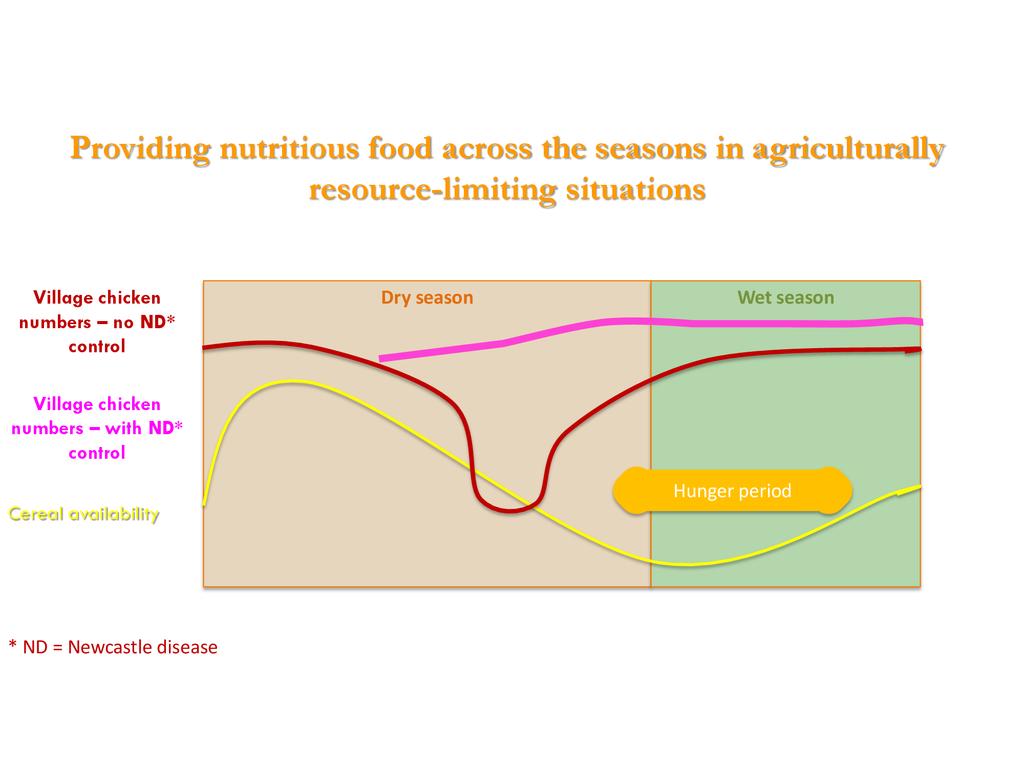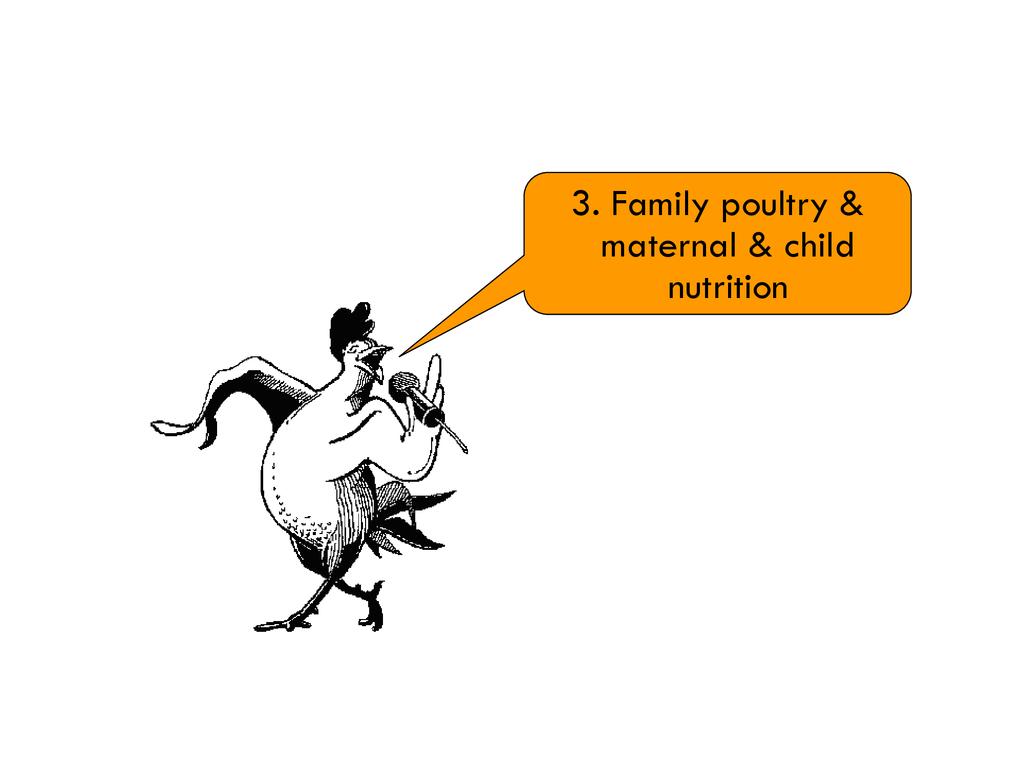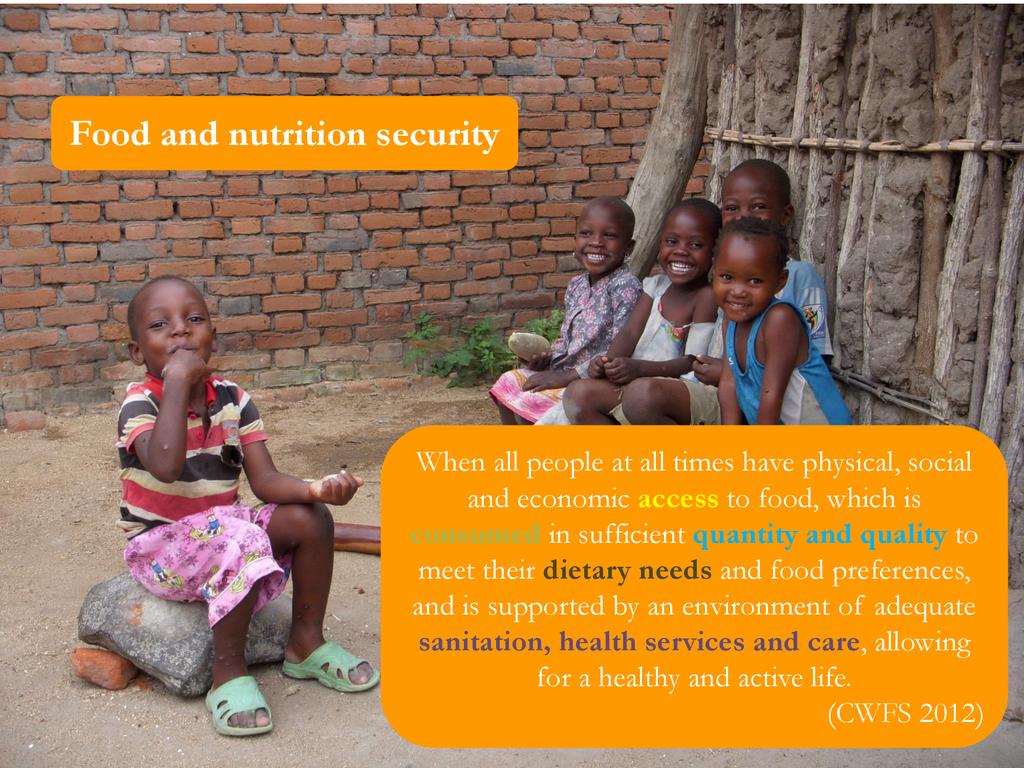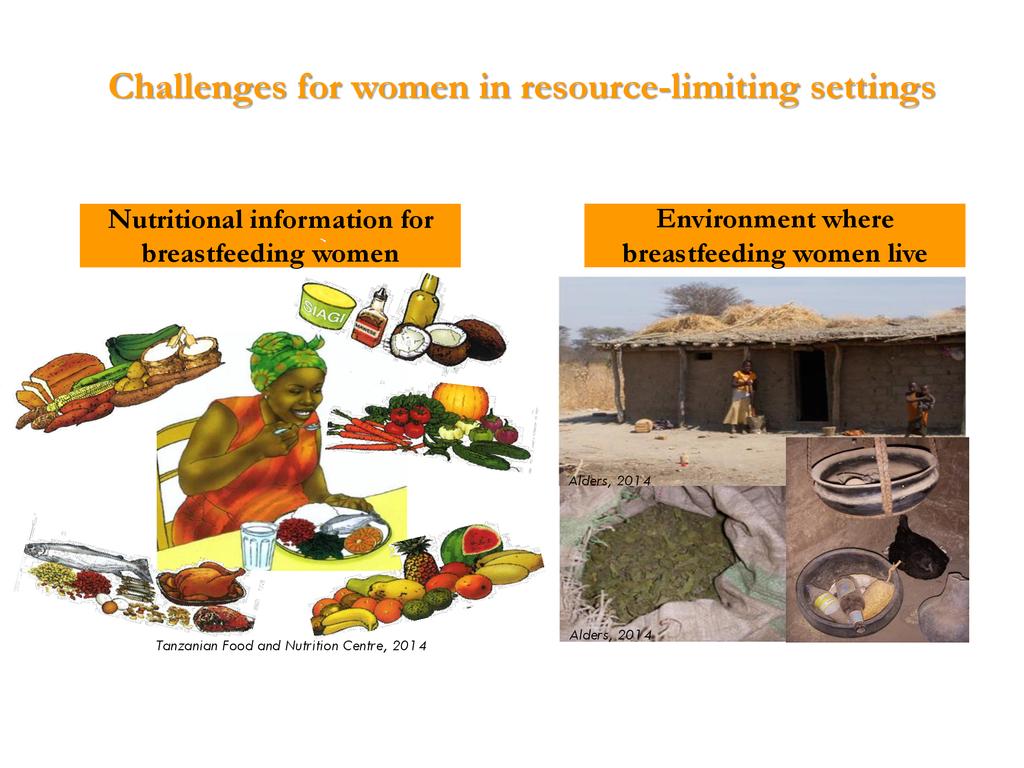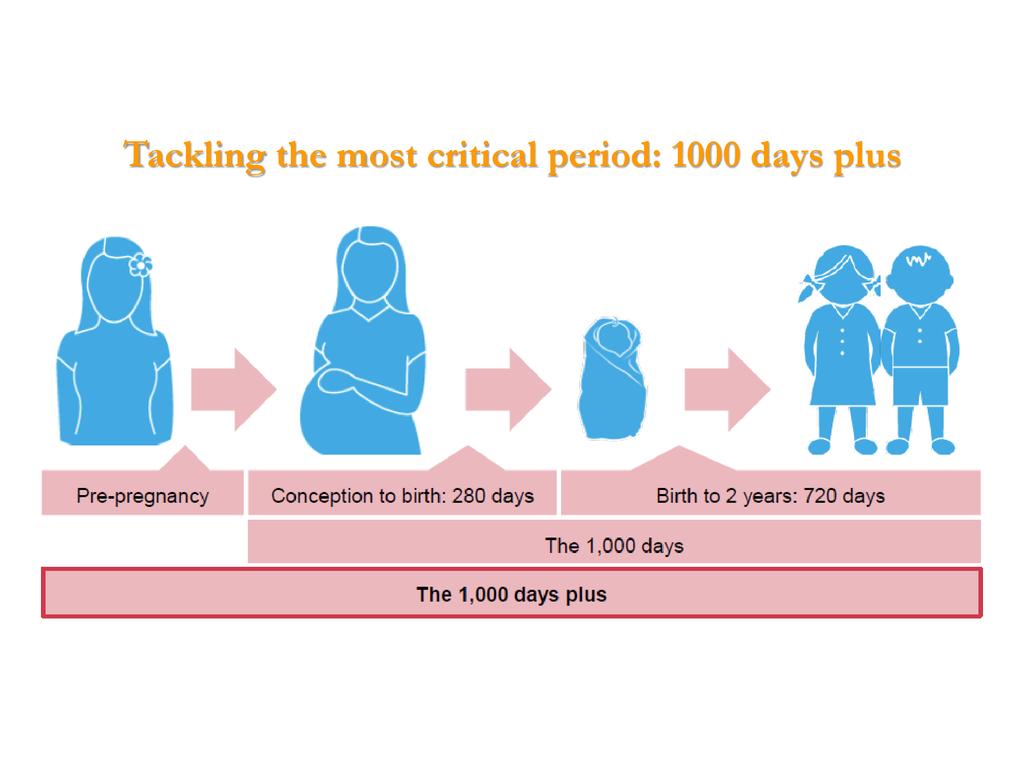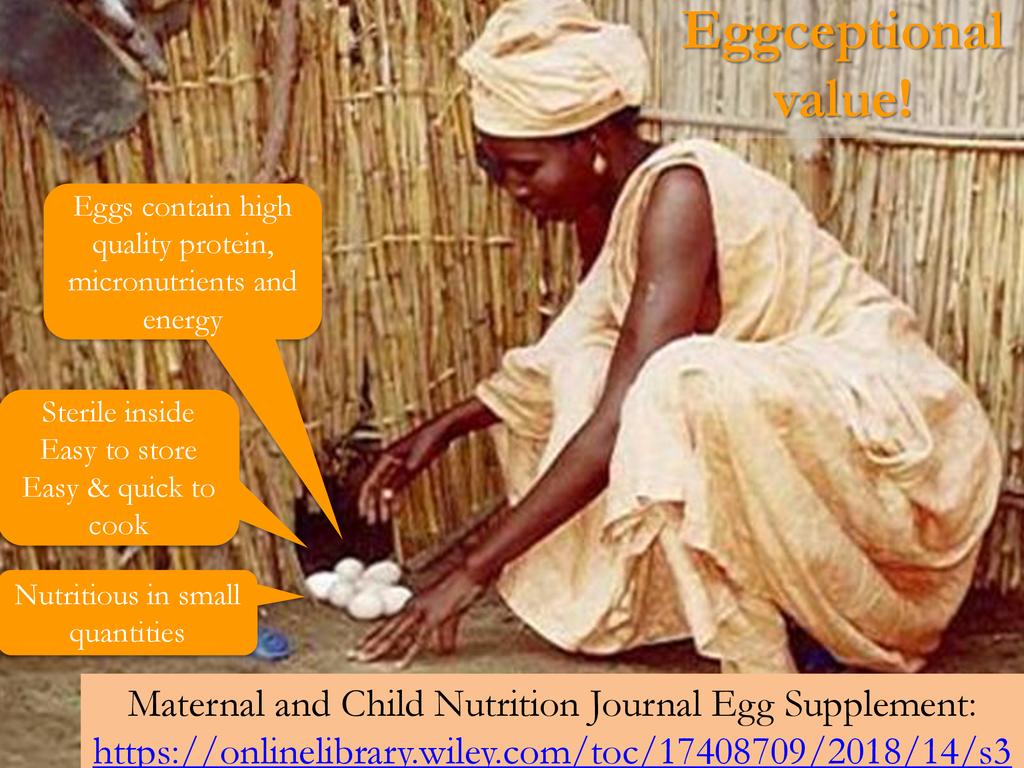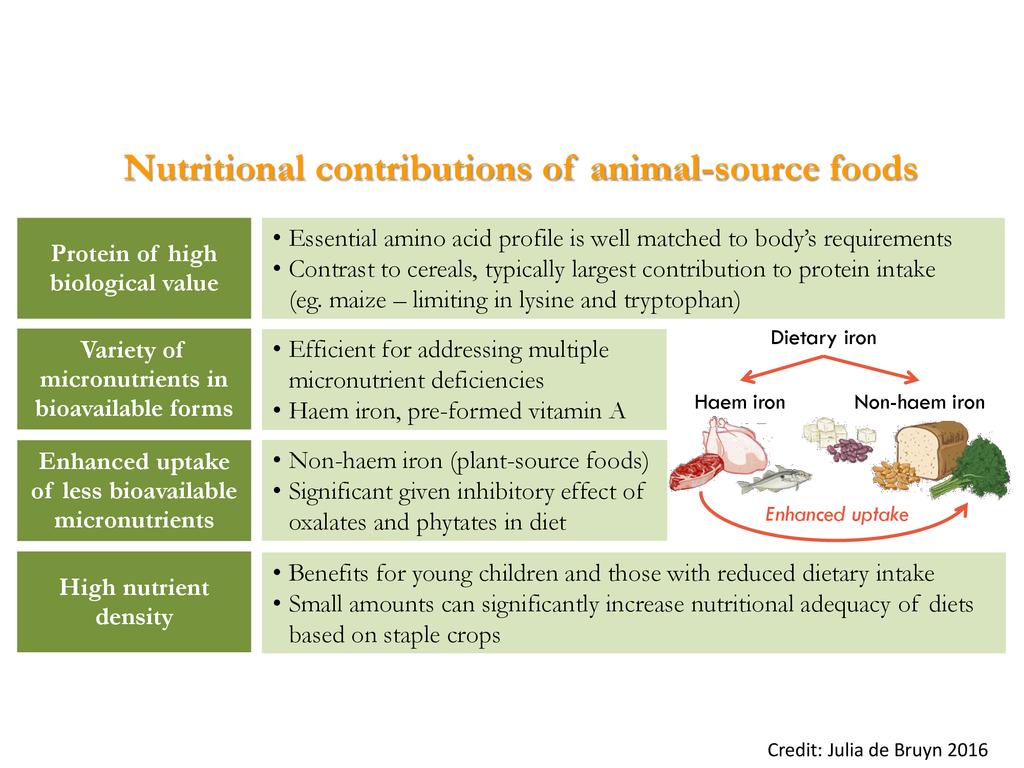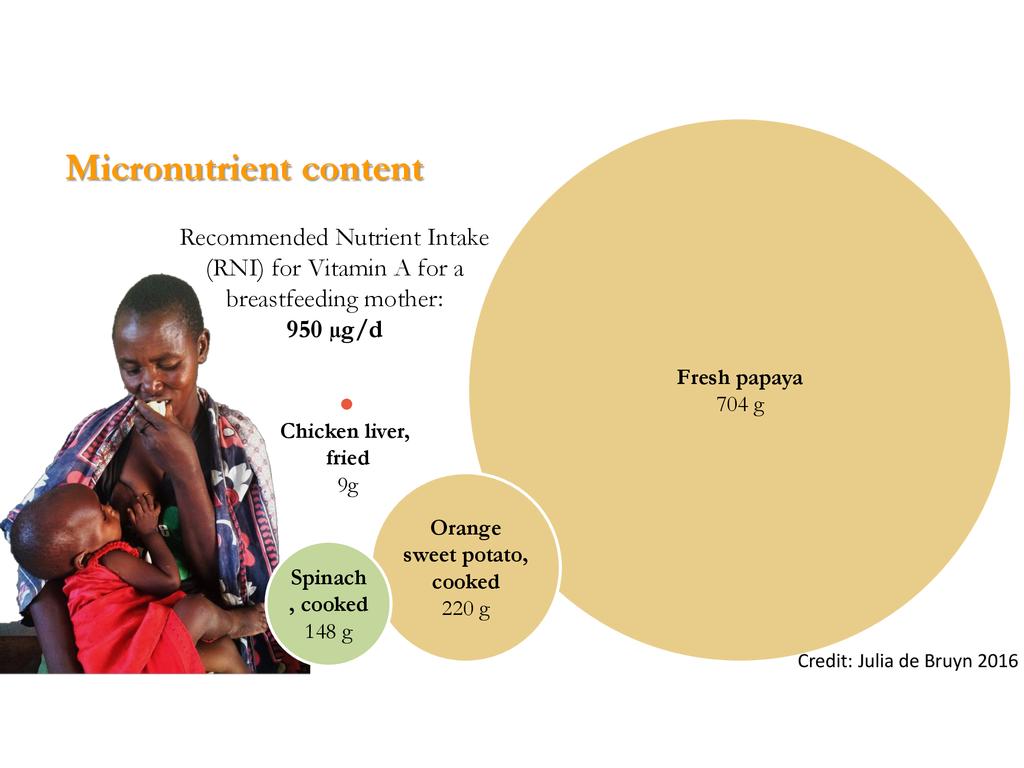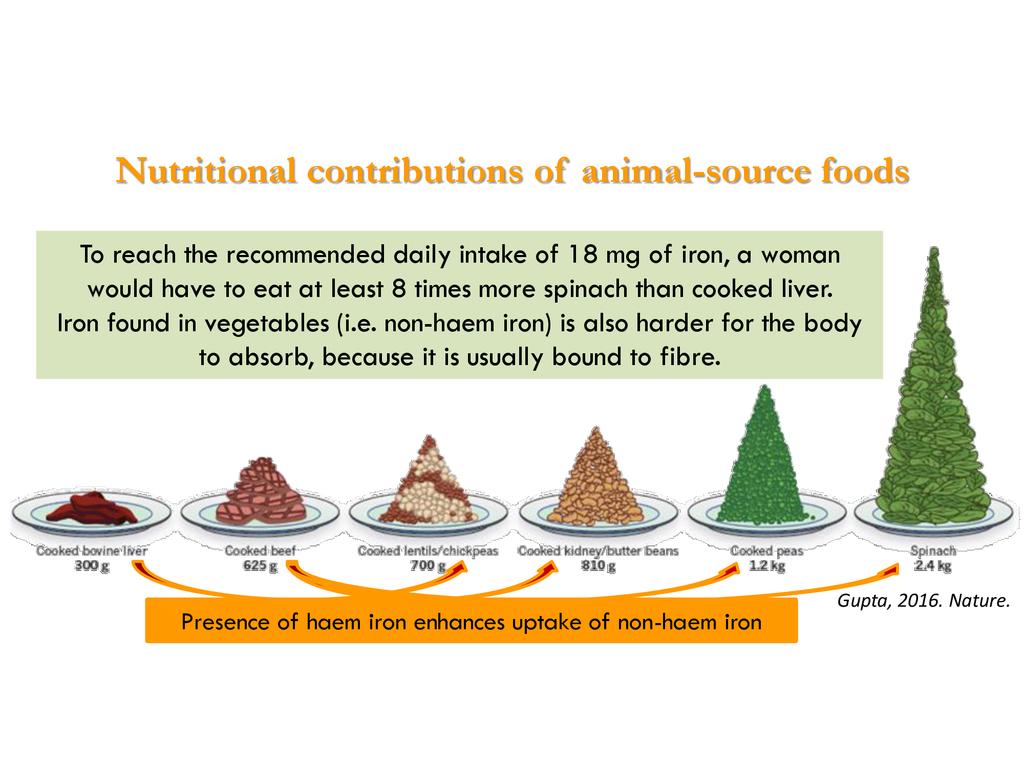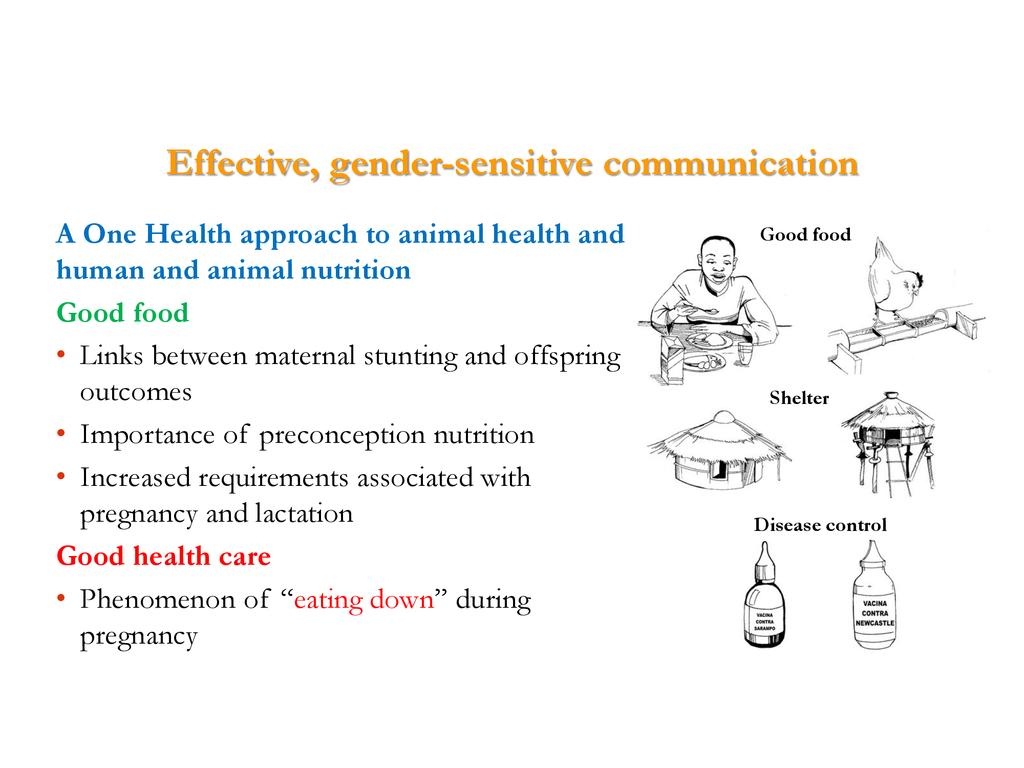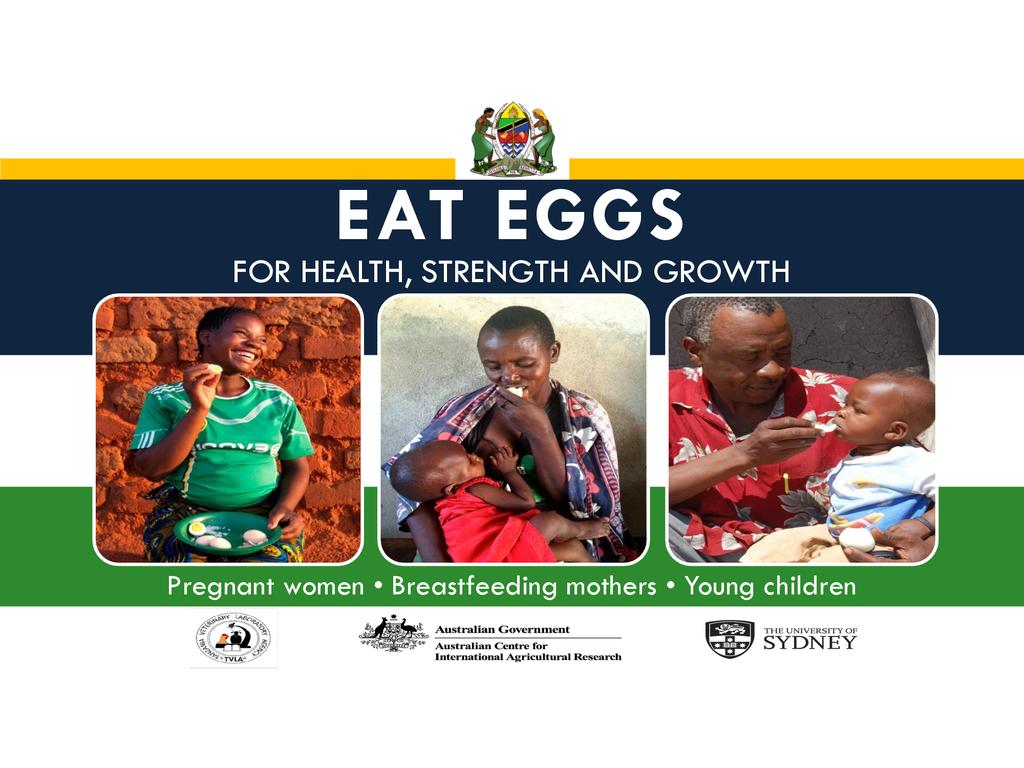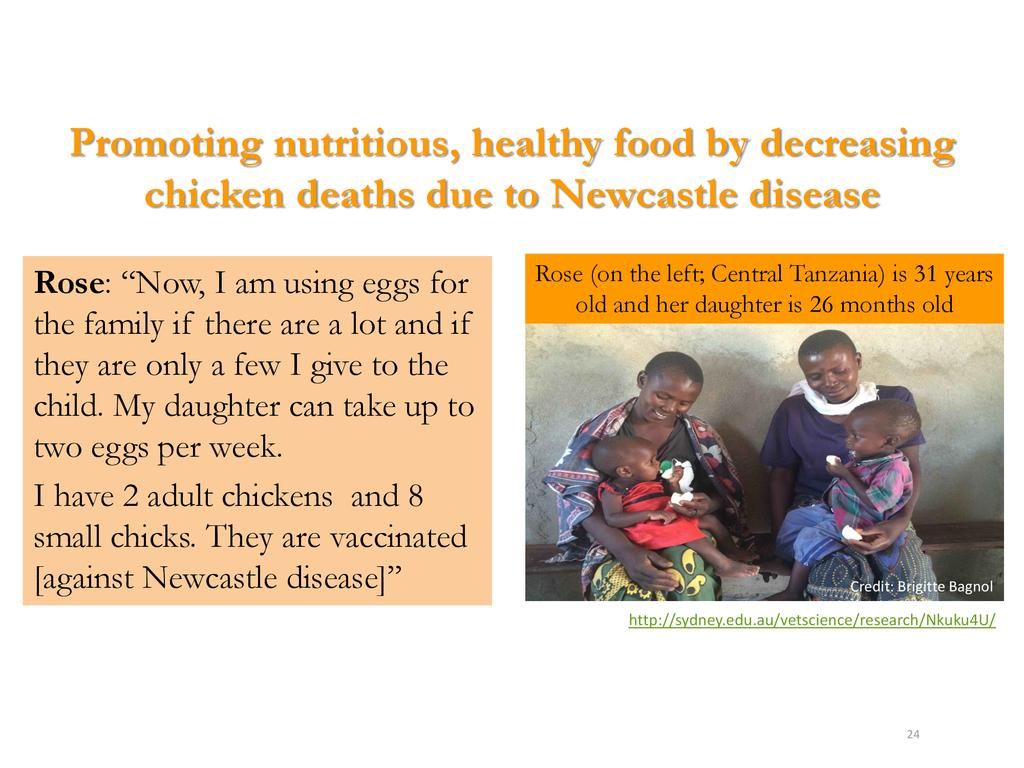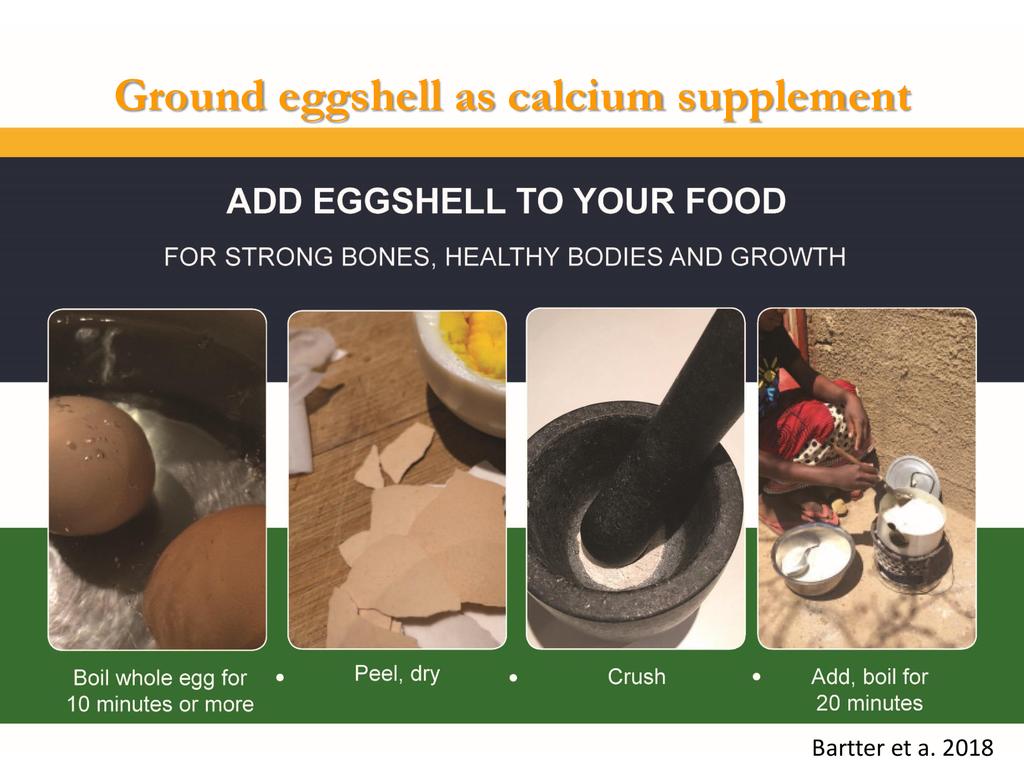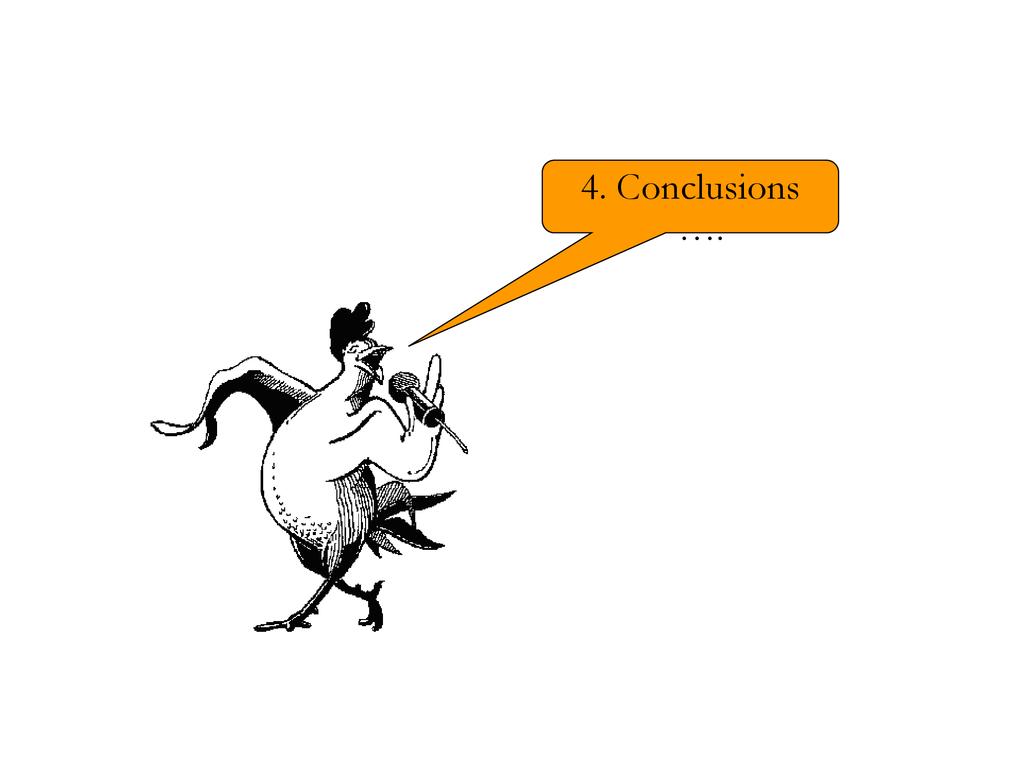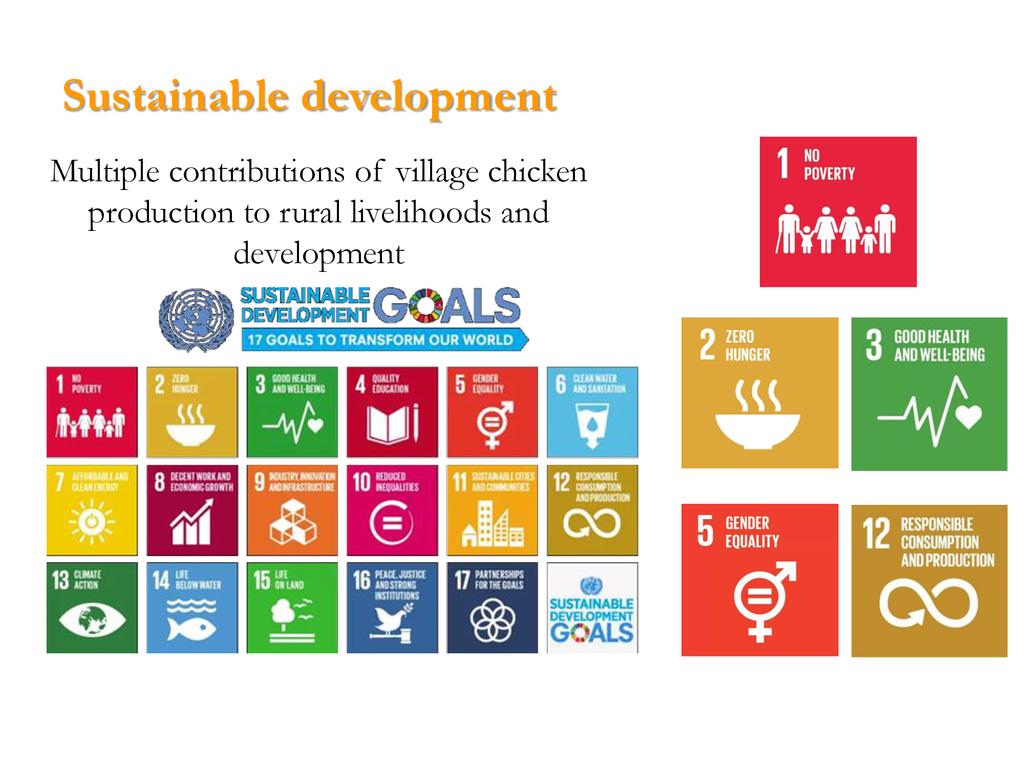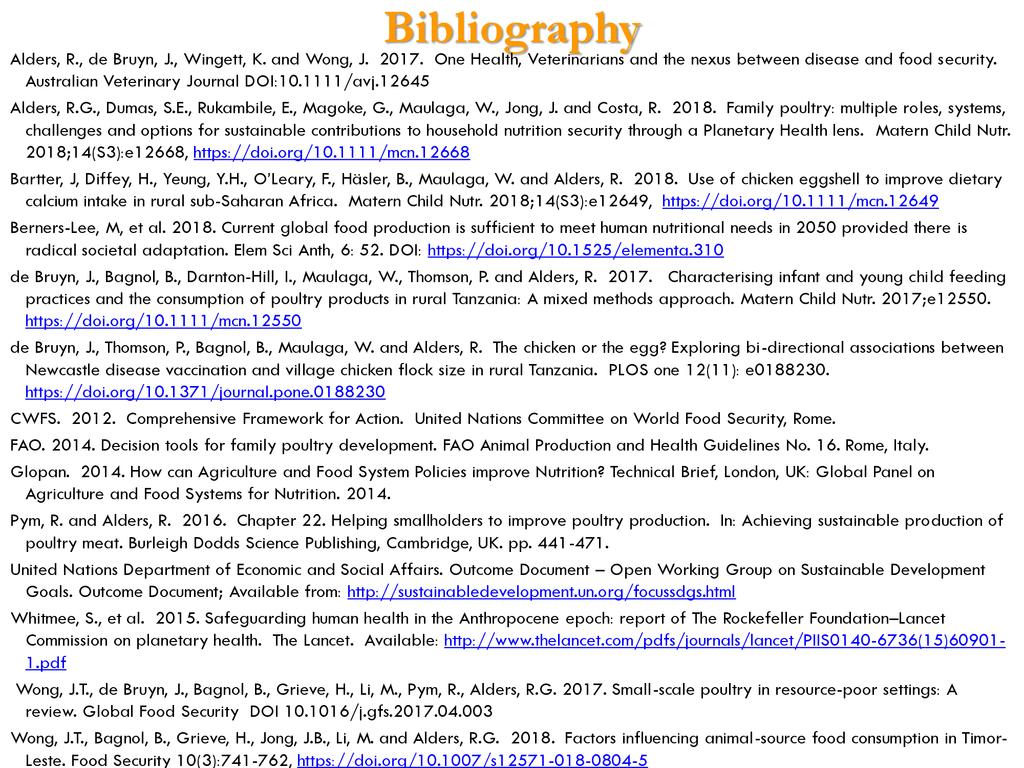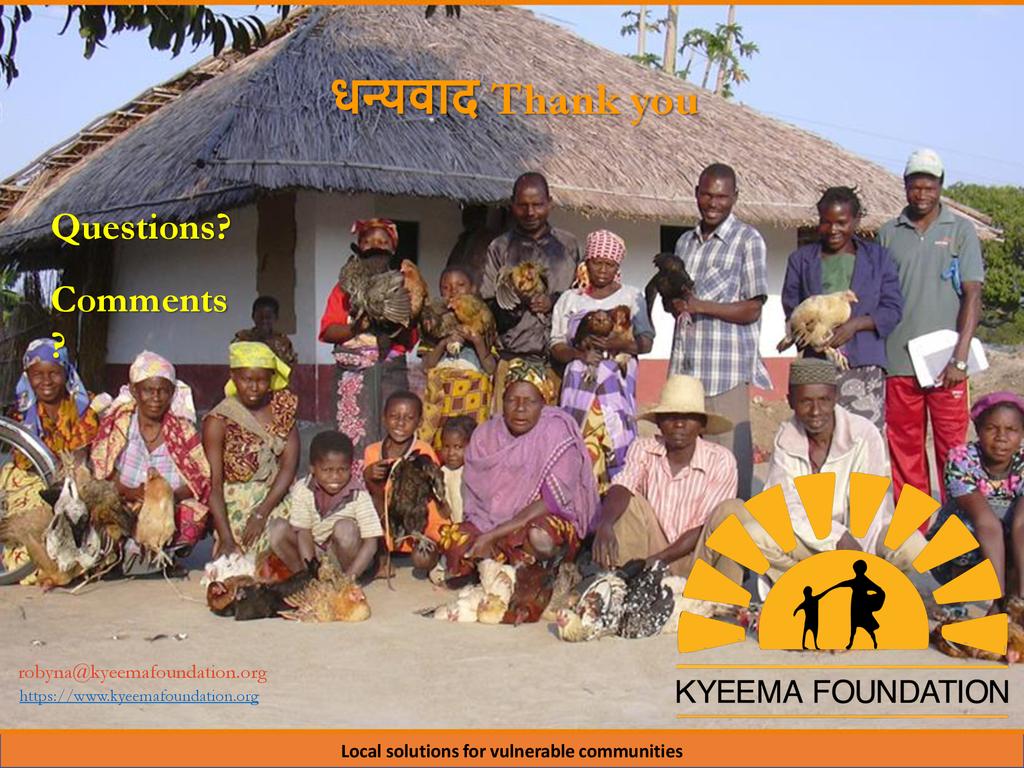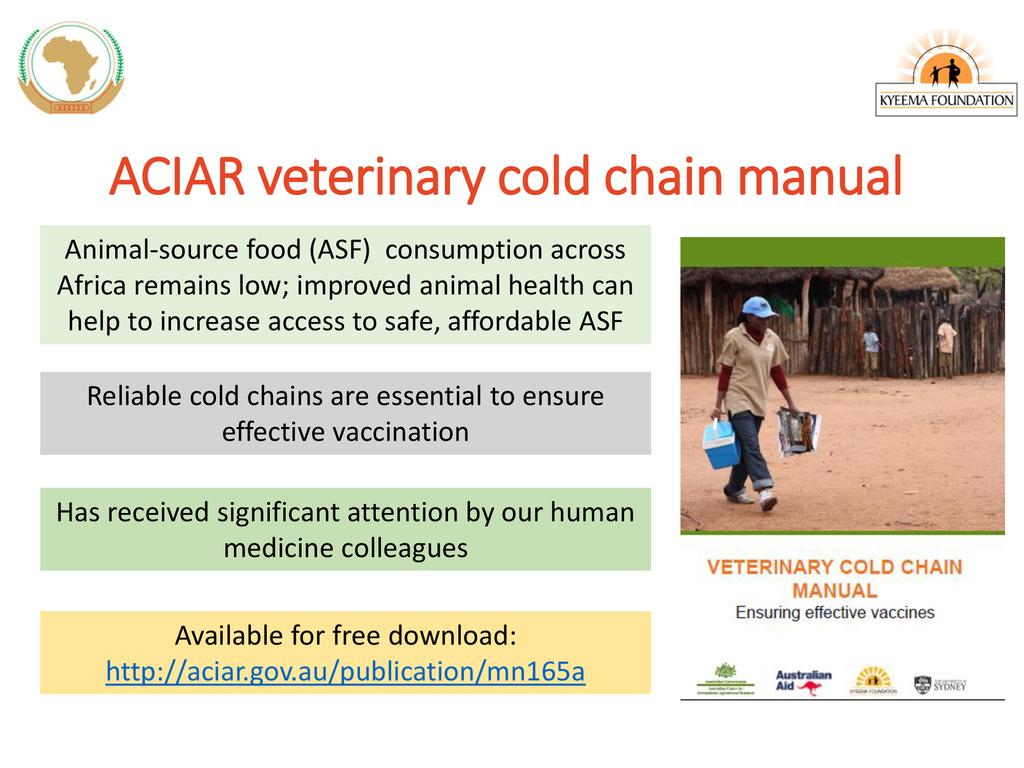Mitigation of Newcastle Disease for reducing food insecurity: A focus on family poultry production
Dipersembahkan Oleh: Msafiri Kalloka
Acara: Symposium on Best Practices in Sustainable Agriculture (14 Februari 2019)
Session: This presentation will be co-presented through a combination of video and discussion. Village chickens play a vital role in the lives of rural poor, providing meat, eggs, and income from sales which meet family needs. They are generally owned by women and children and provide food security greater than large animals. The major constraint to production is Newcastle Disease which regularly causes flock mortality of up to 100%. The development of a thermo-tolerant ND vaccine and its adoption in rural areas has made a widespread impact when promoted by community vaccinators with support of government and NGOs.
Biographical Information: Msafiri Kalloka, a researcher in Animal Science with a MBB, works in the Ministry of Livestock and Fisheries for the past 10 years with poultry as his main area of interest. Robyn Alders is a DVM and founder of KYEEMA, an organization promoting rural family poultry in developing countries. Ikunda Stanley, a master’s student works with rural poultry impacts in the Tanzania situation.
Additional presentation included : Family poultry: multiple systems, challenges and options for contributions to healthy and sustainable human diets
Msafiri Kalloka1 and Robyn Alders2,3
1. Tanzania Veterinary Laboratory Agency, Temeka, Dar es Salaam, Tanzania
2. International Rural Poultry Centre, Kyeema Foundation, Australia and Mozambique
3. Centre for Global Health Security, Chatham House, London, UK

